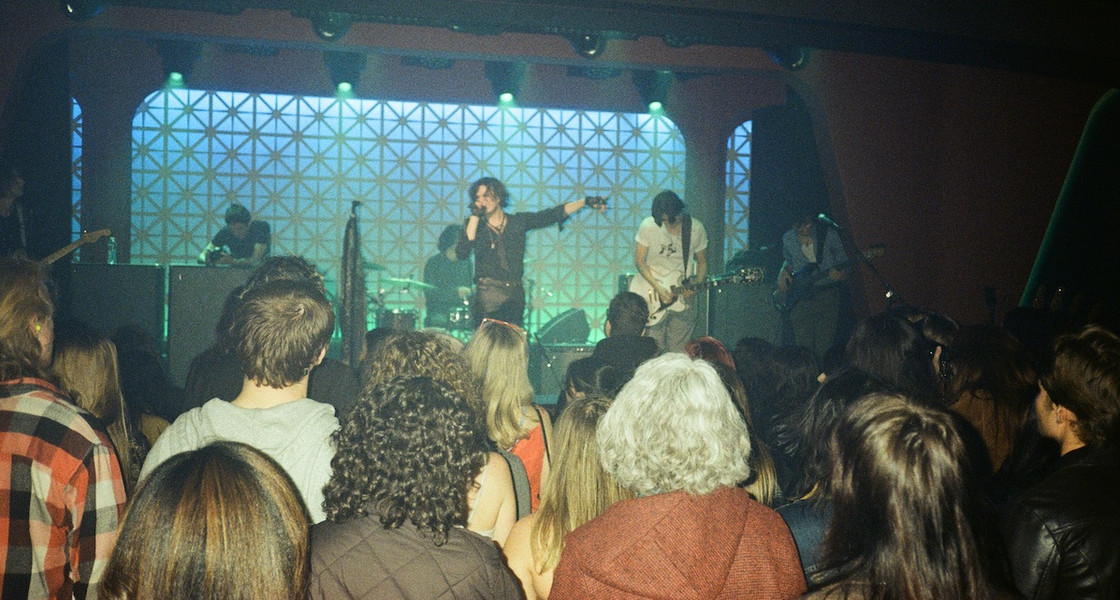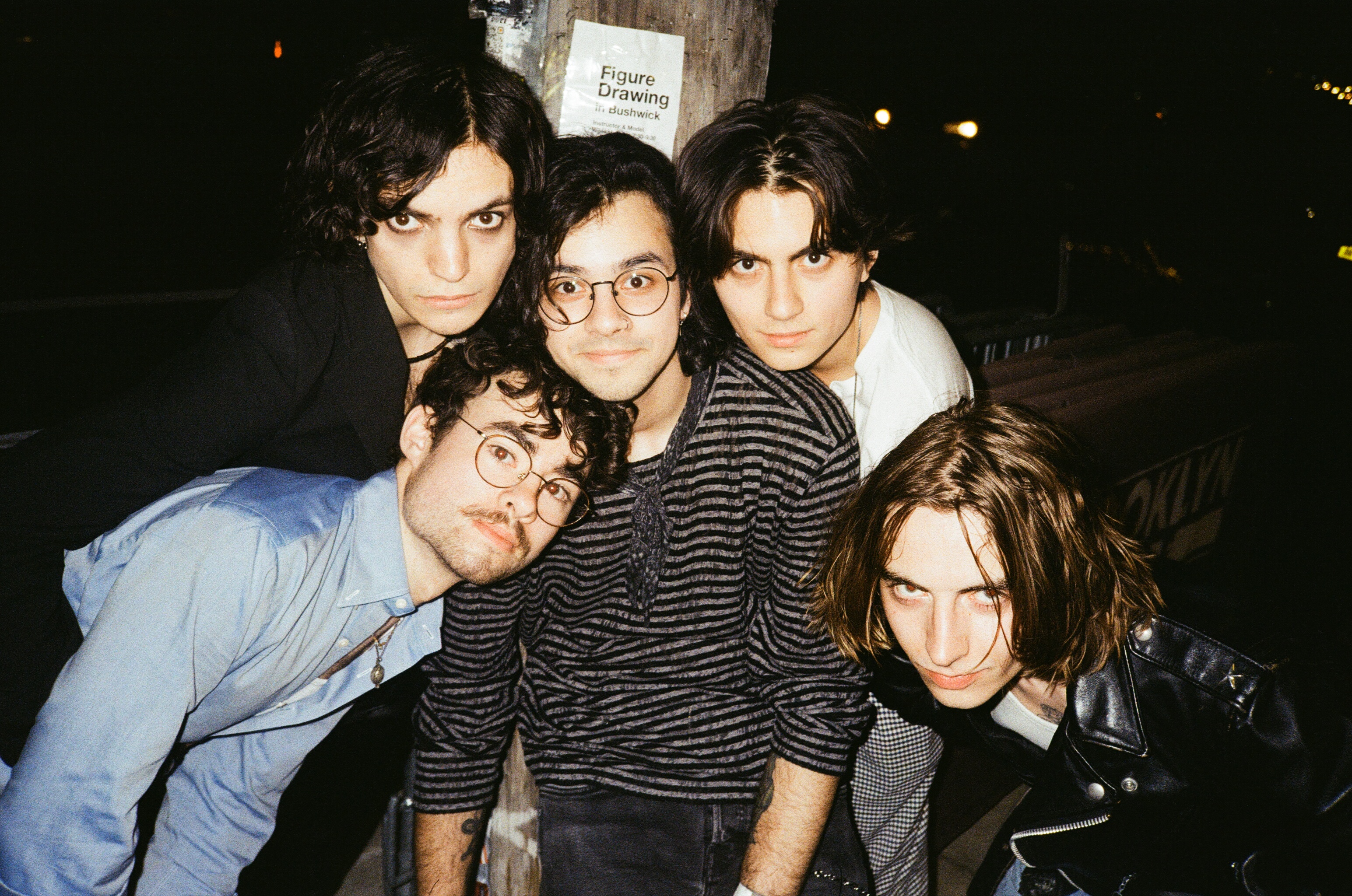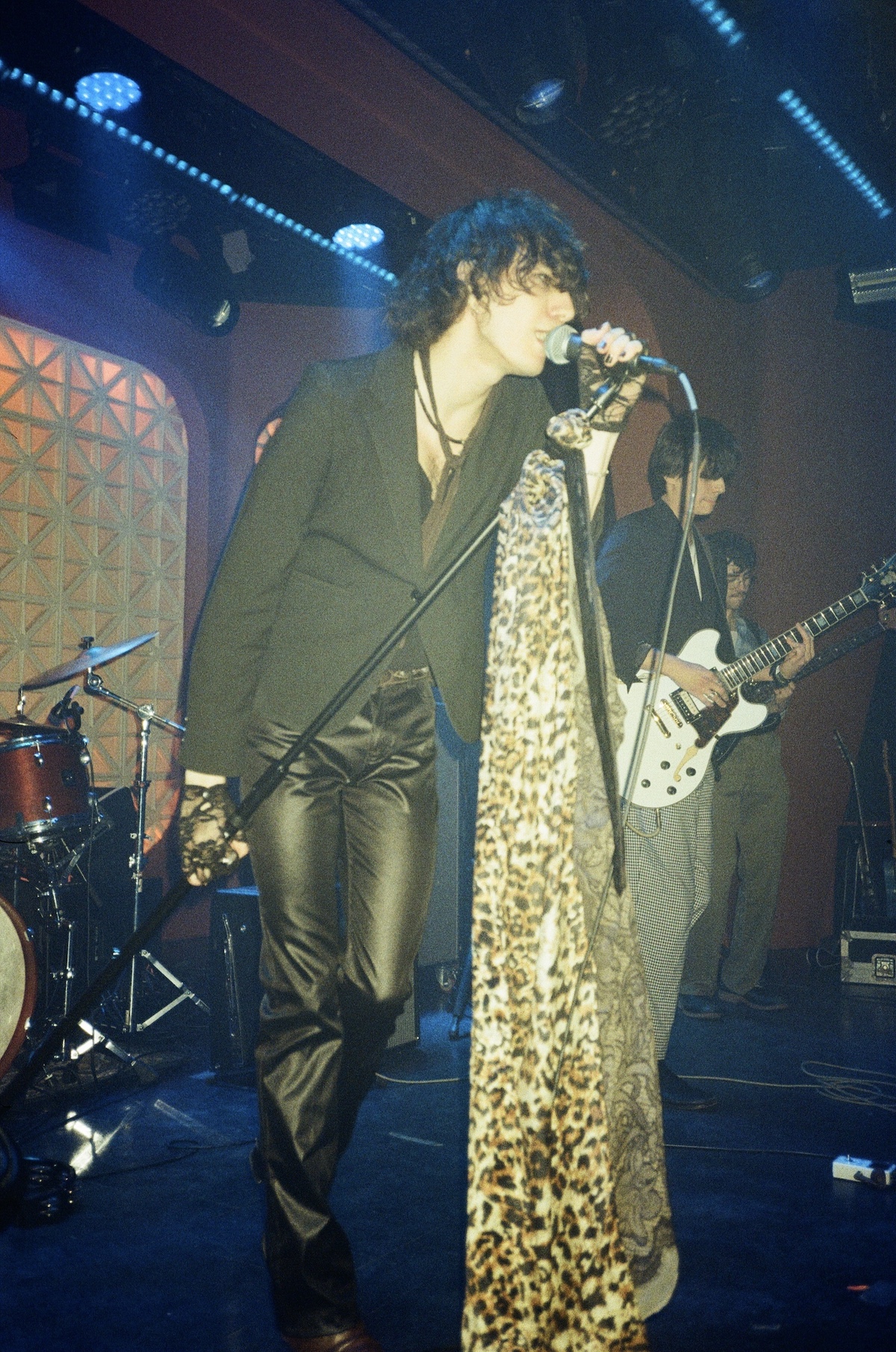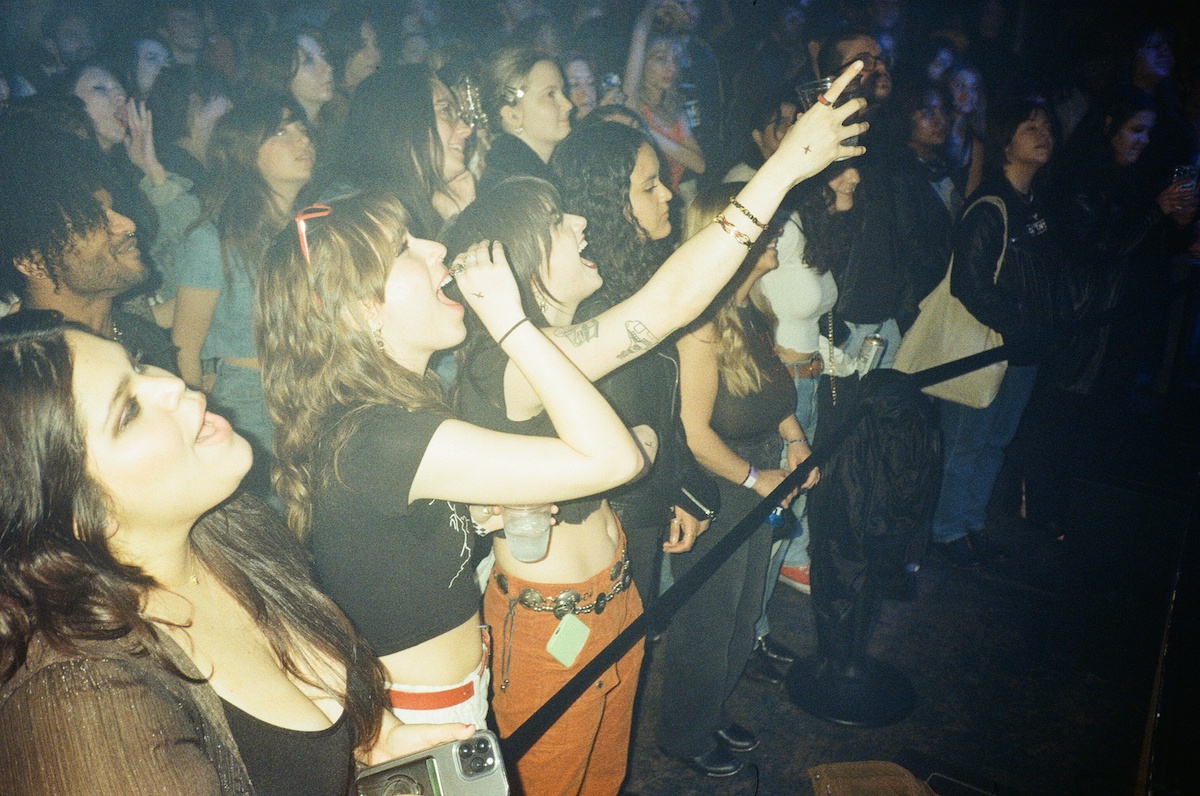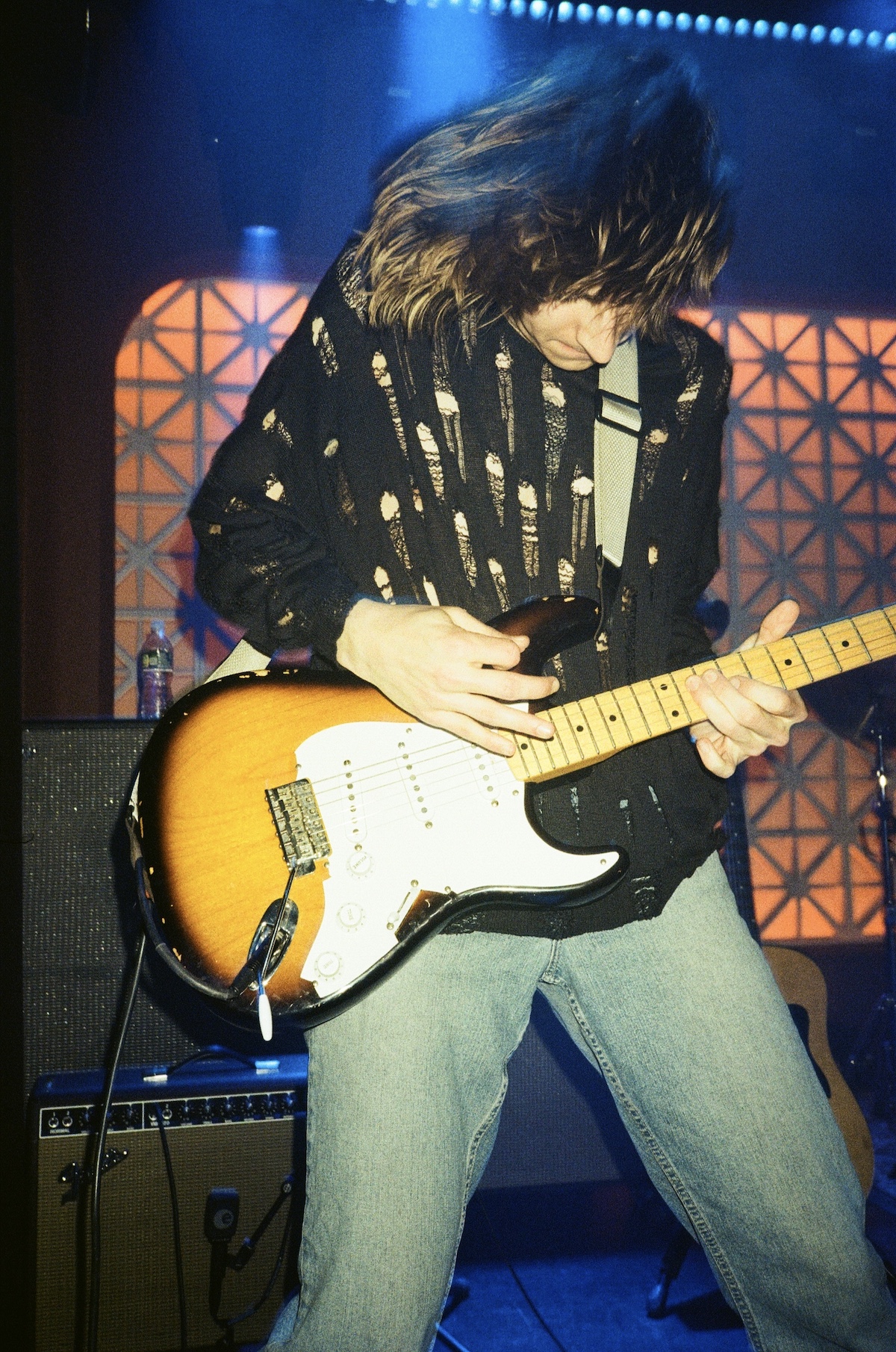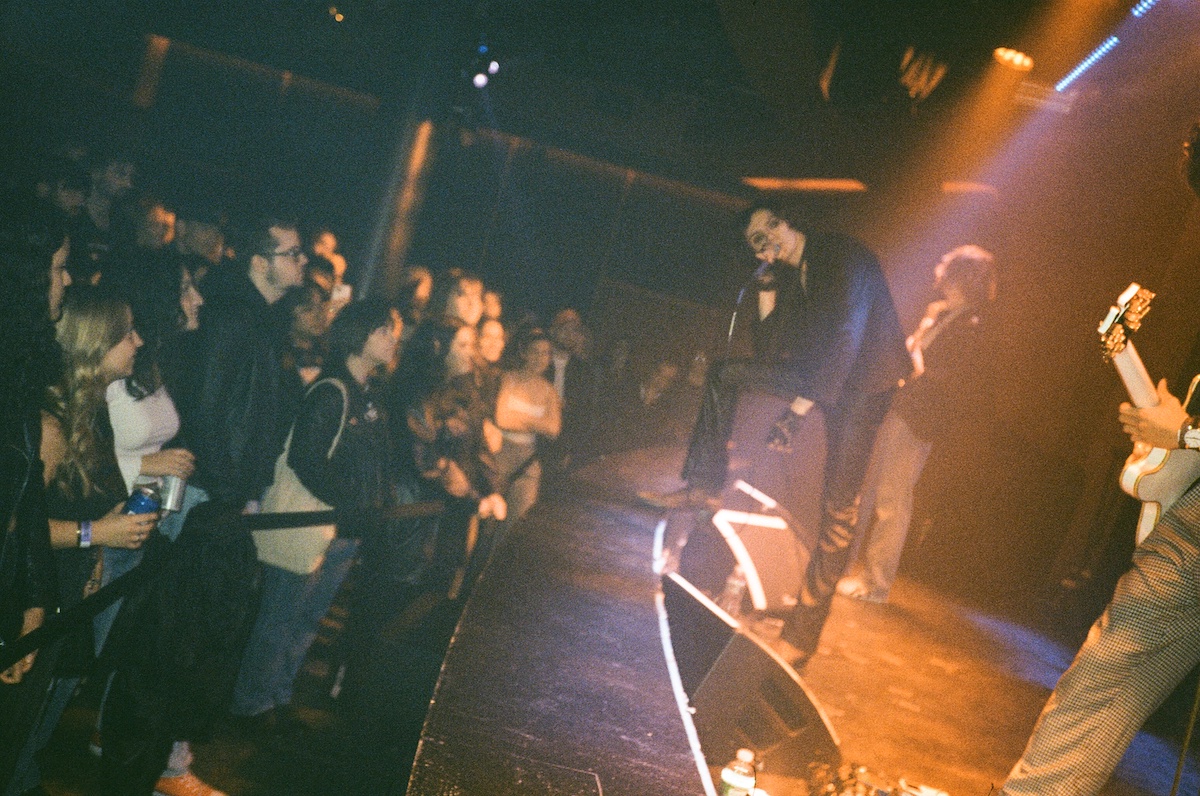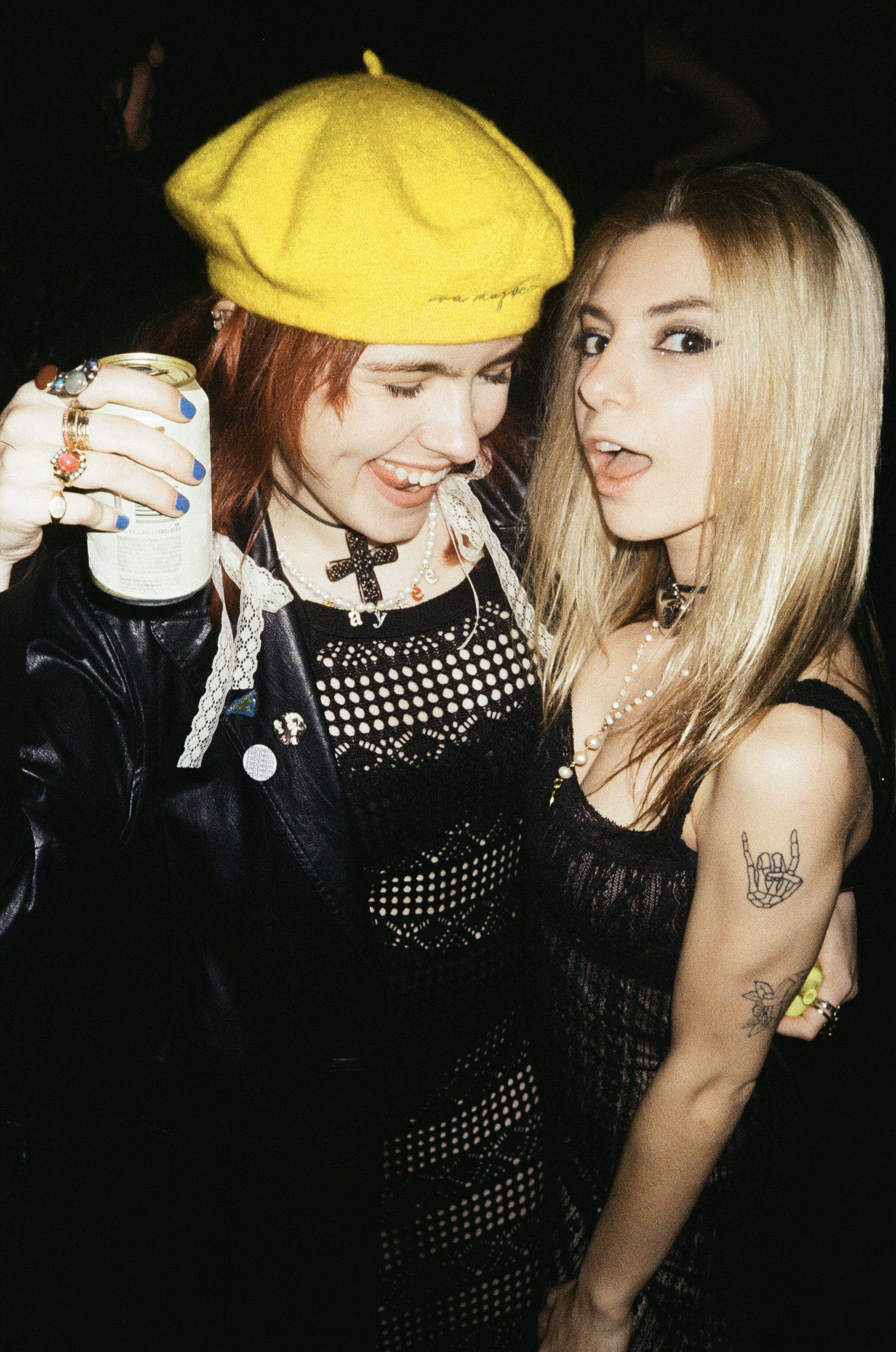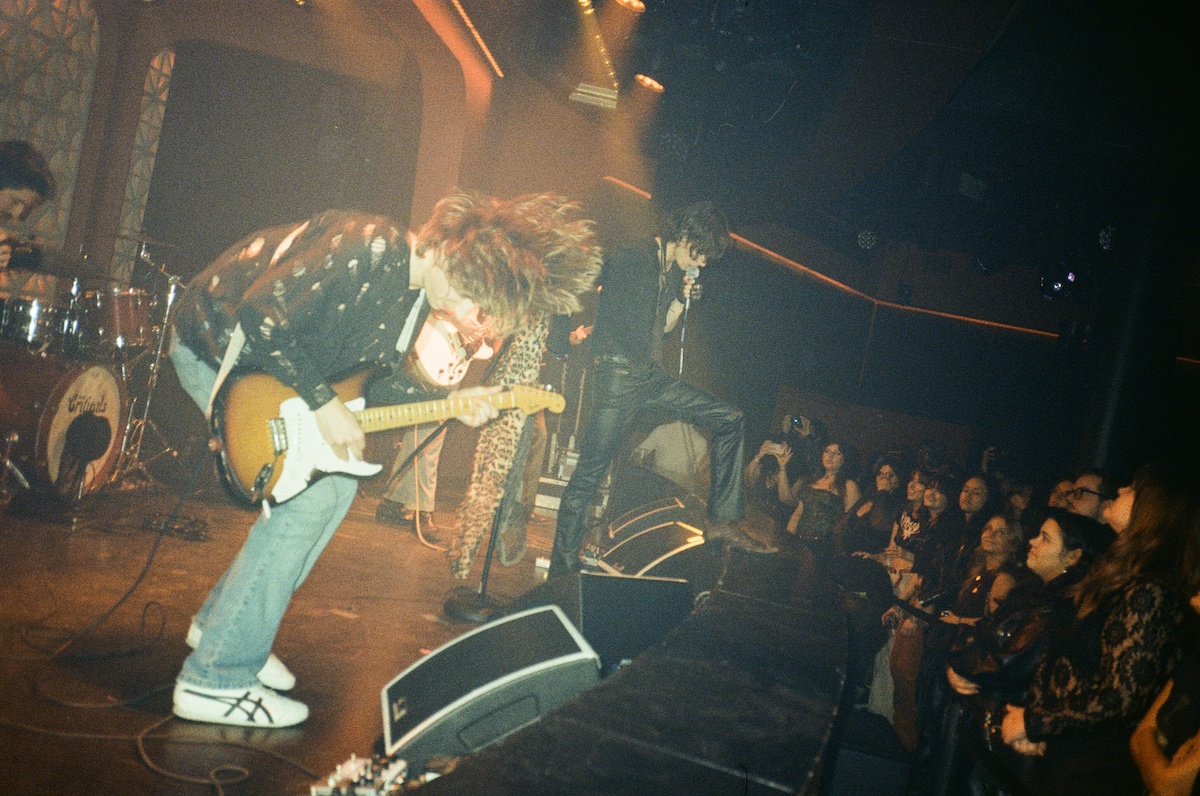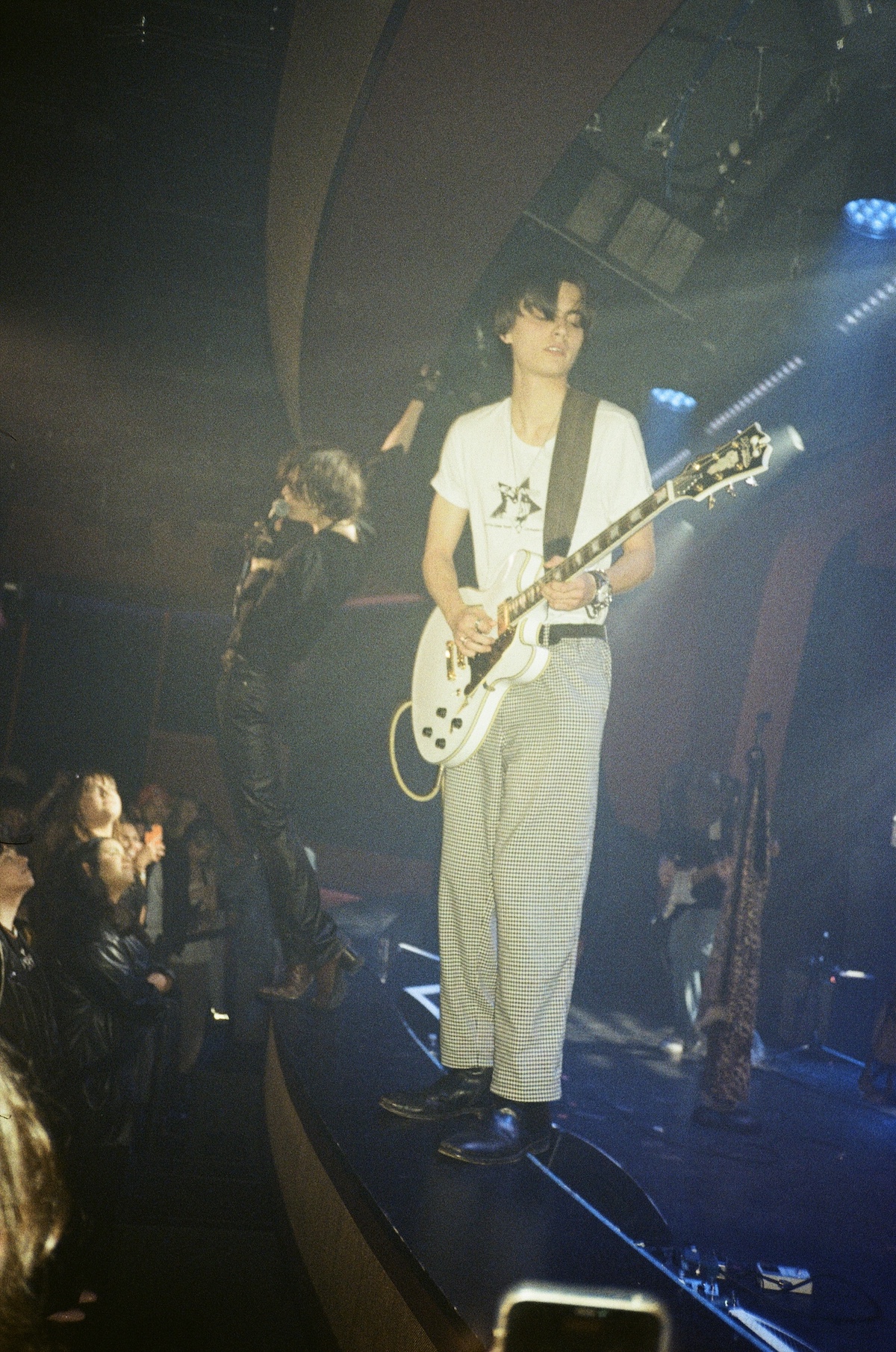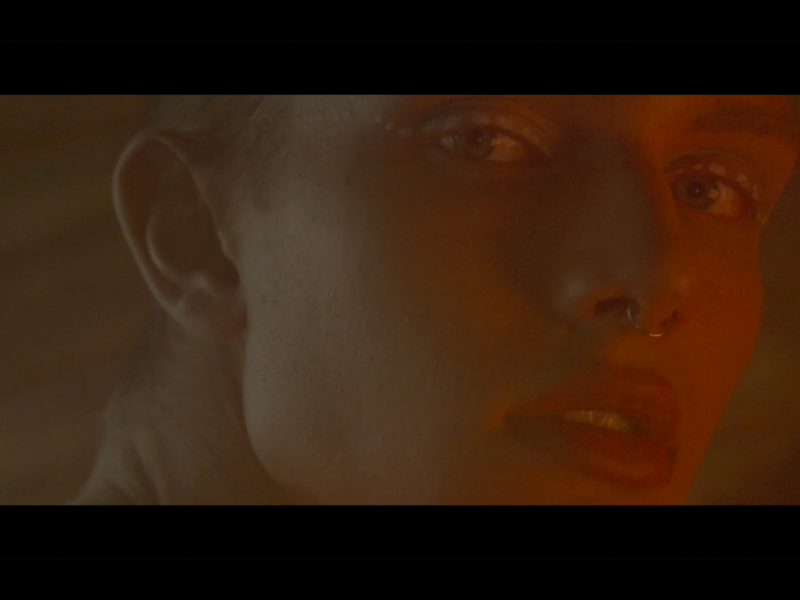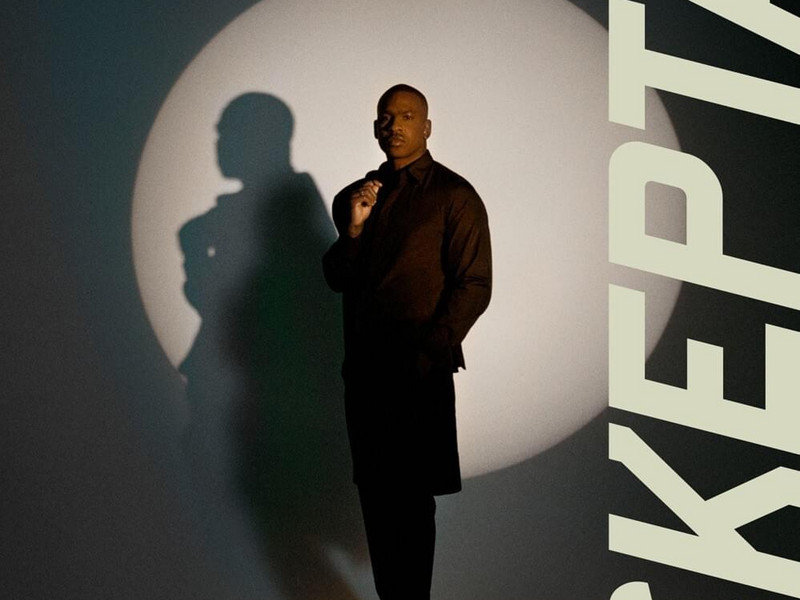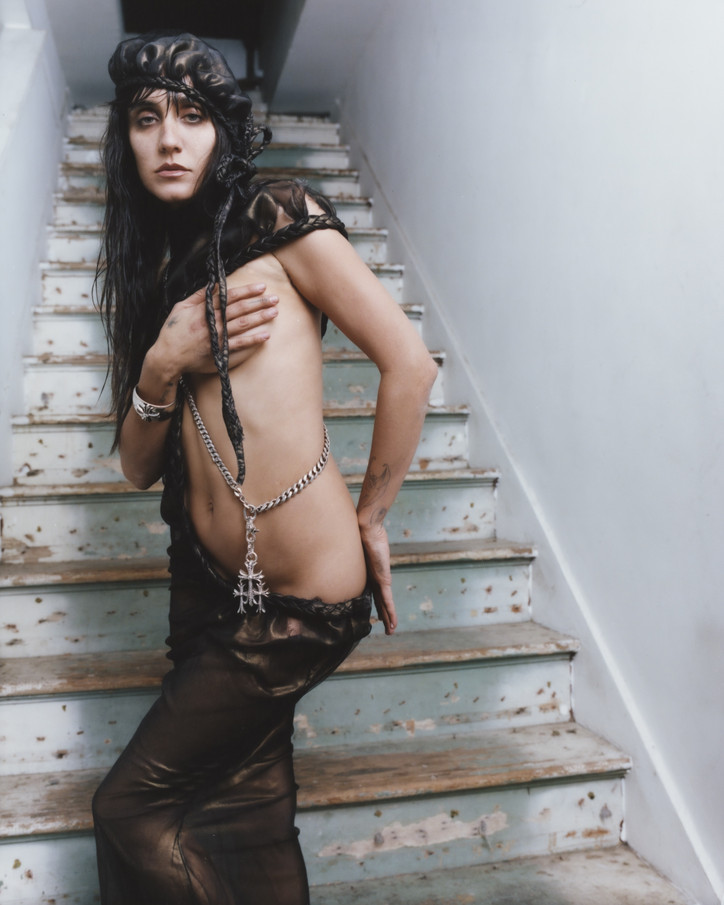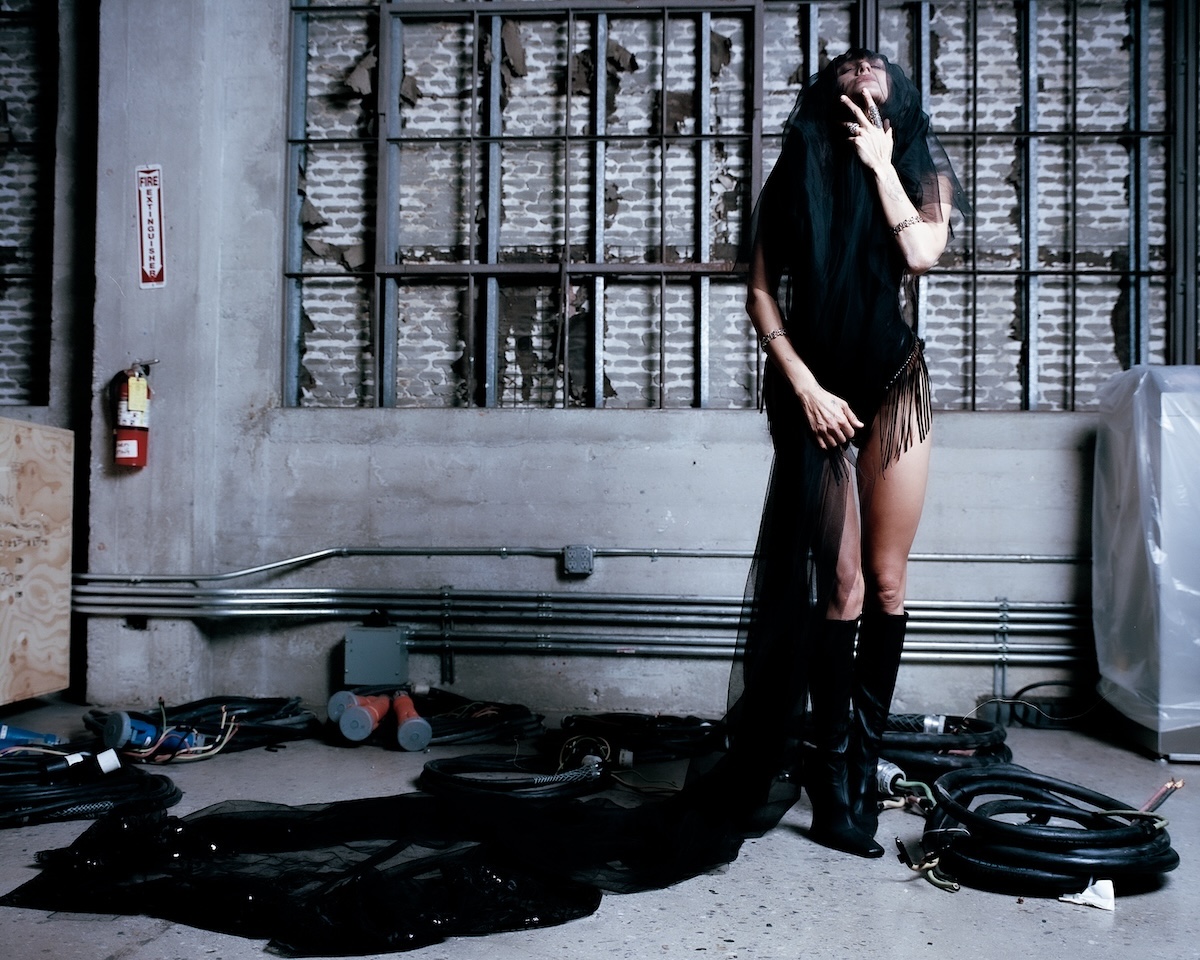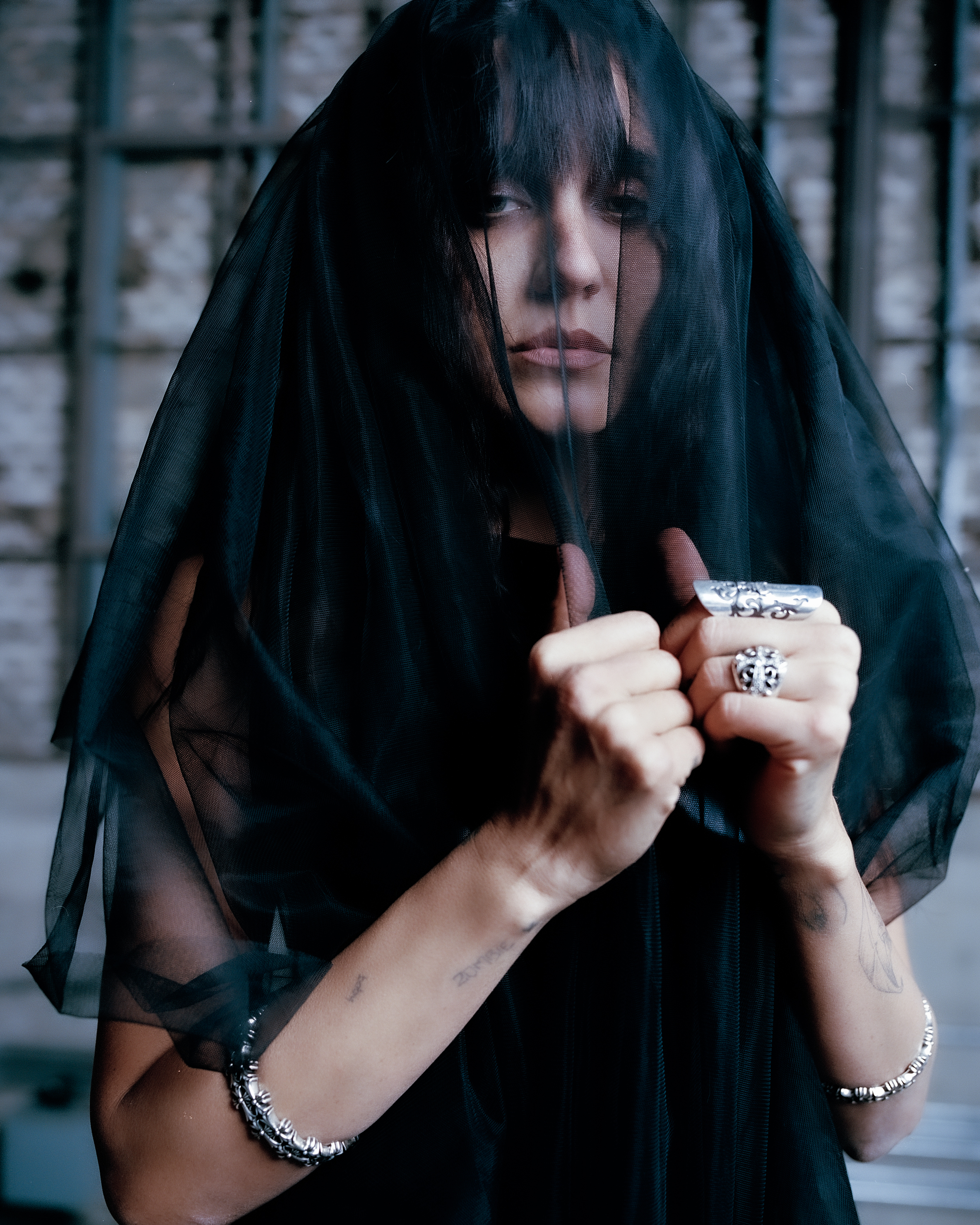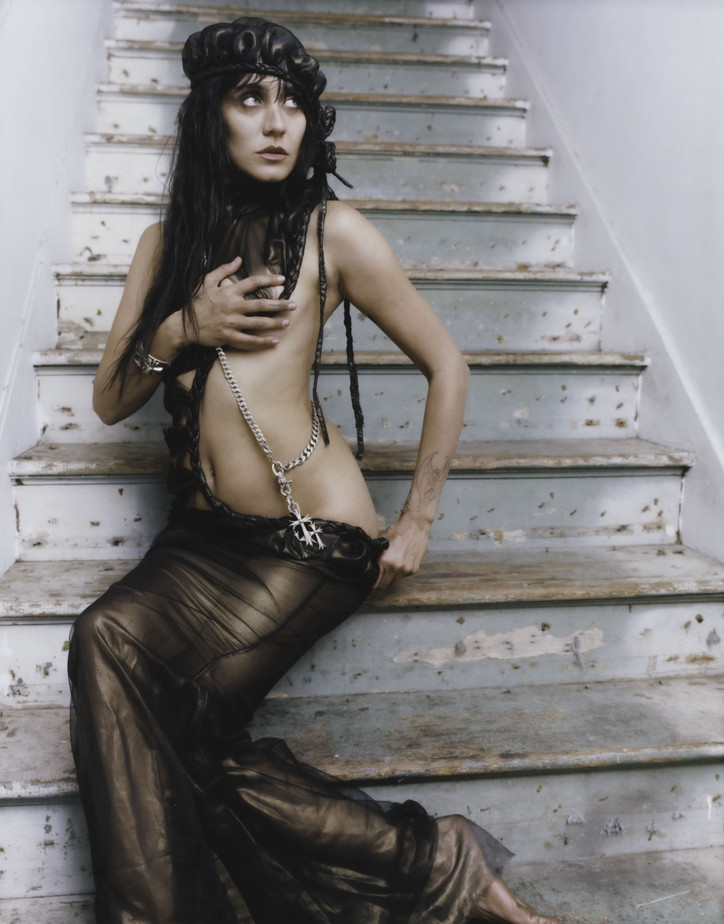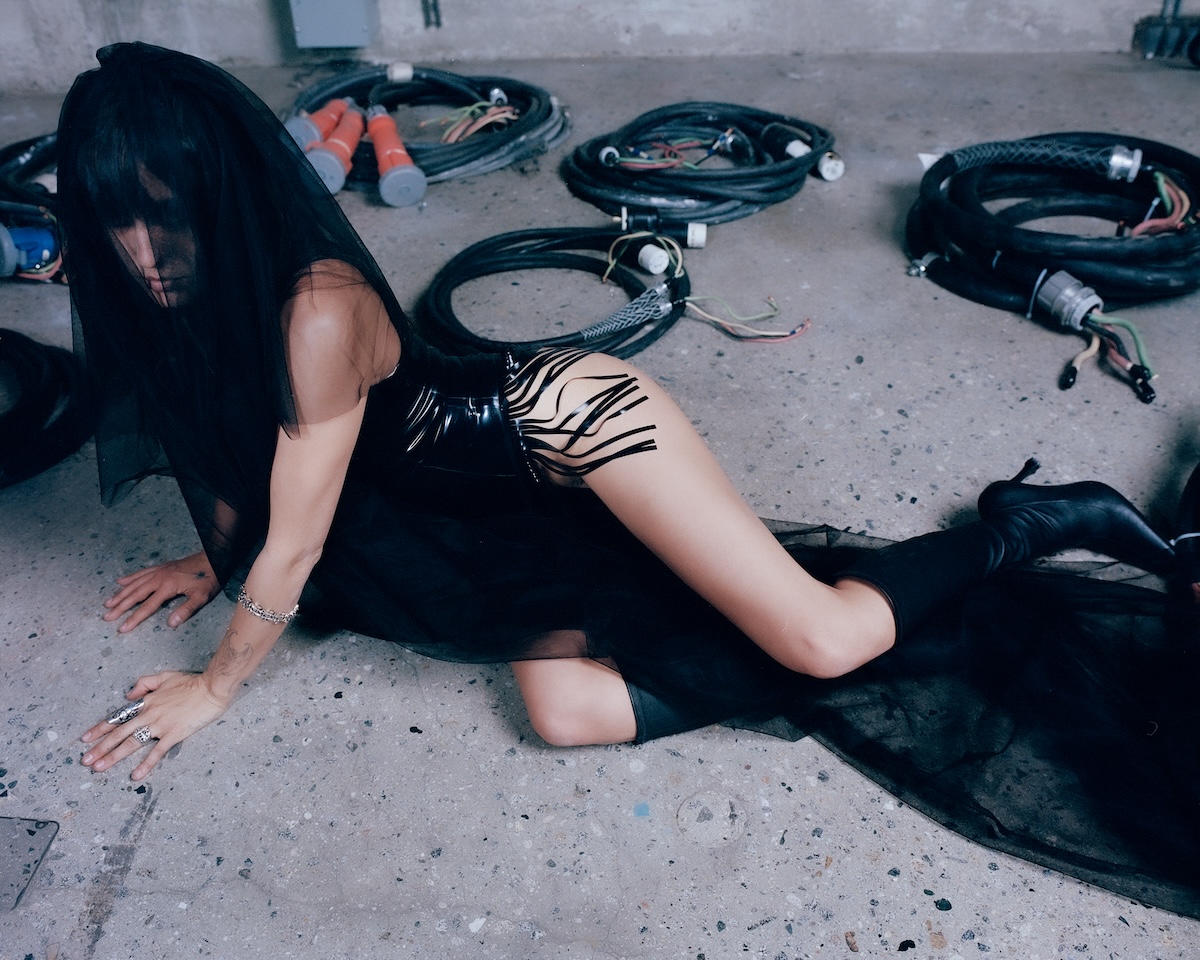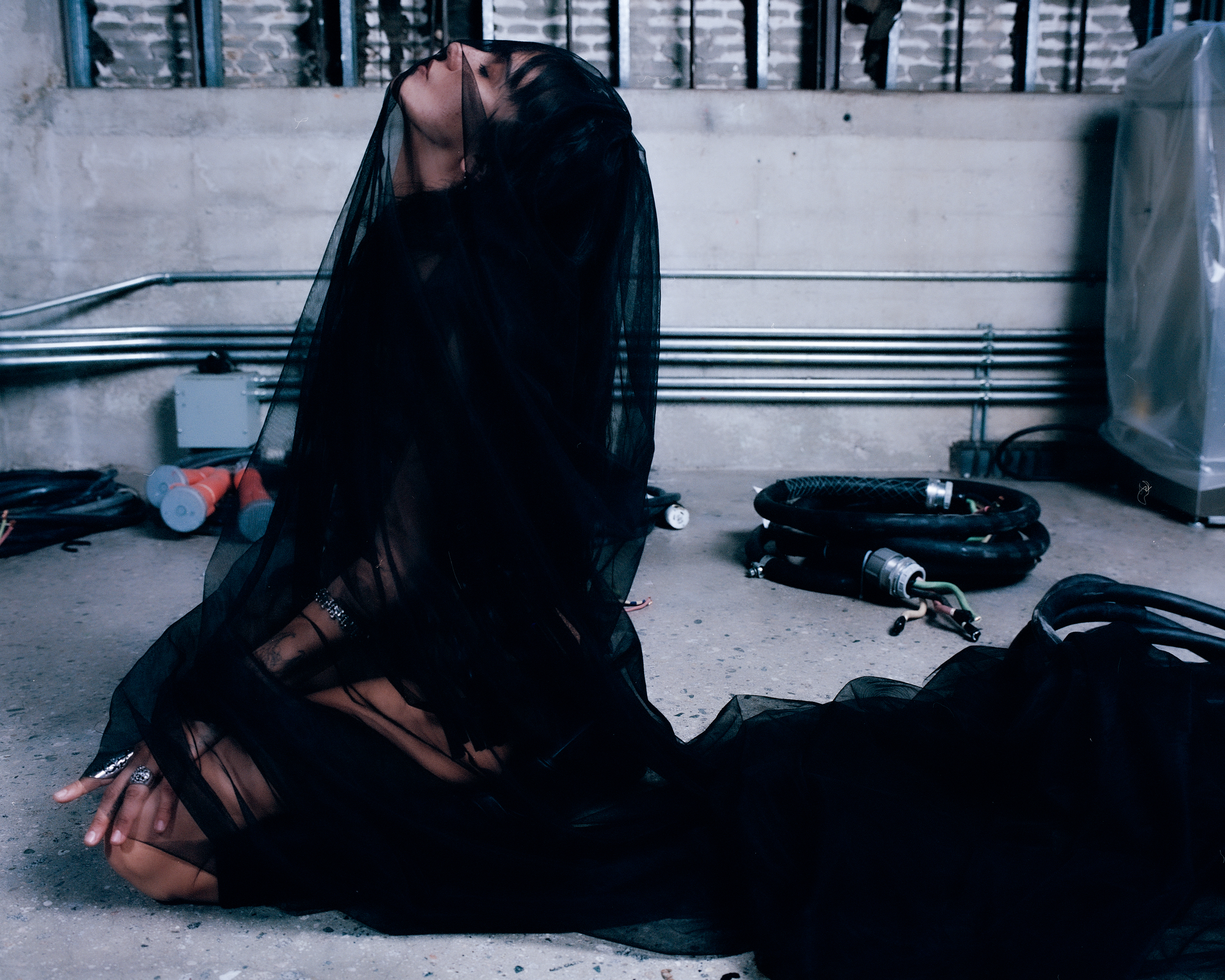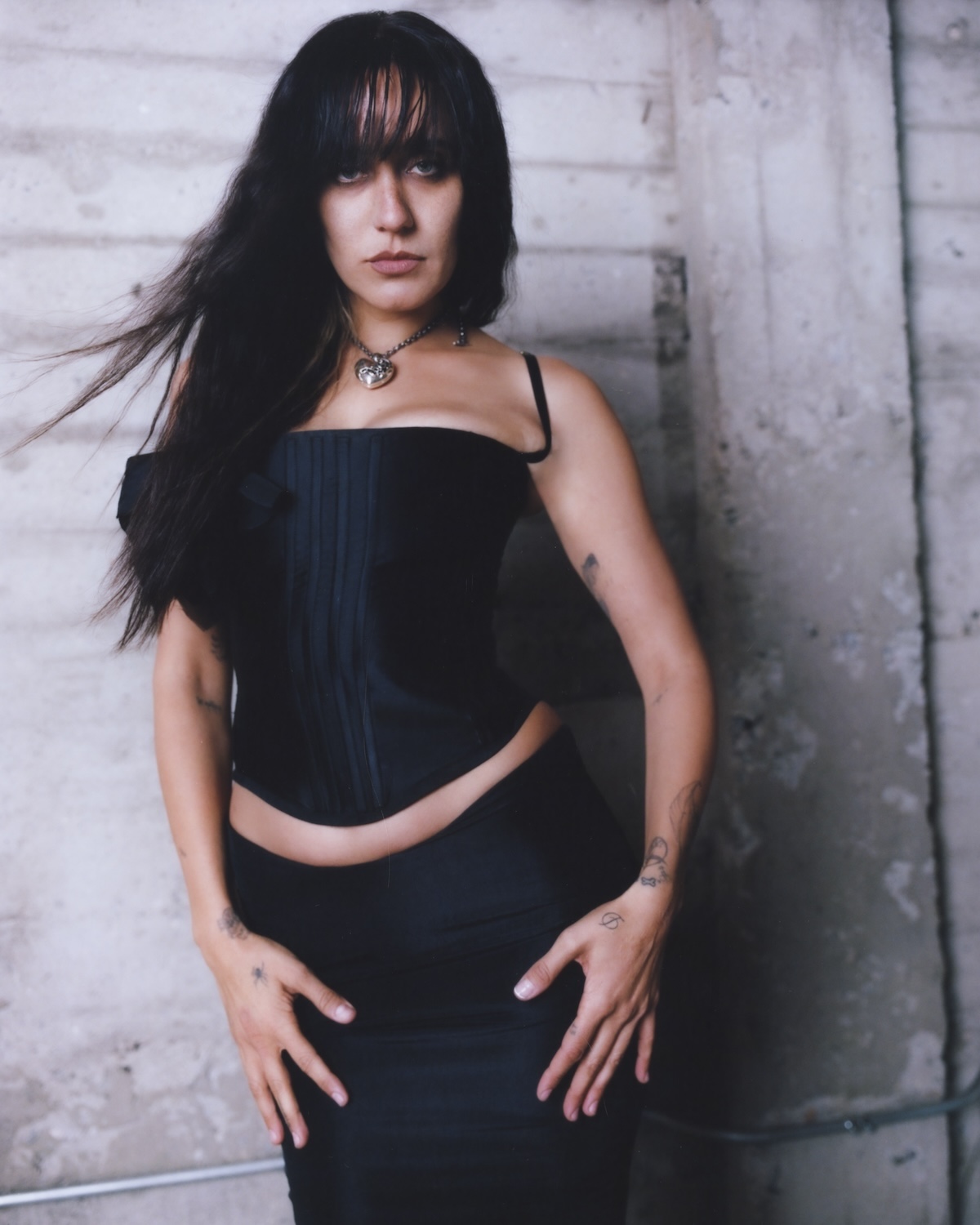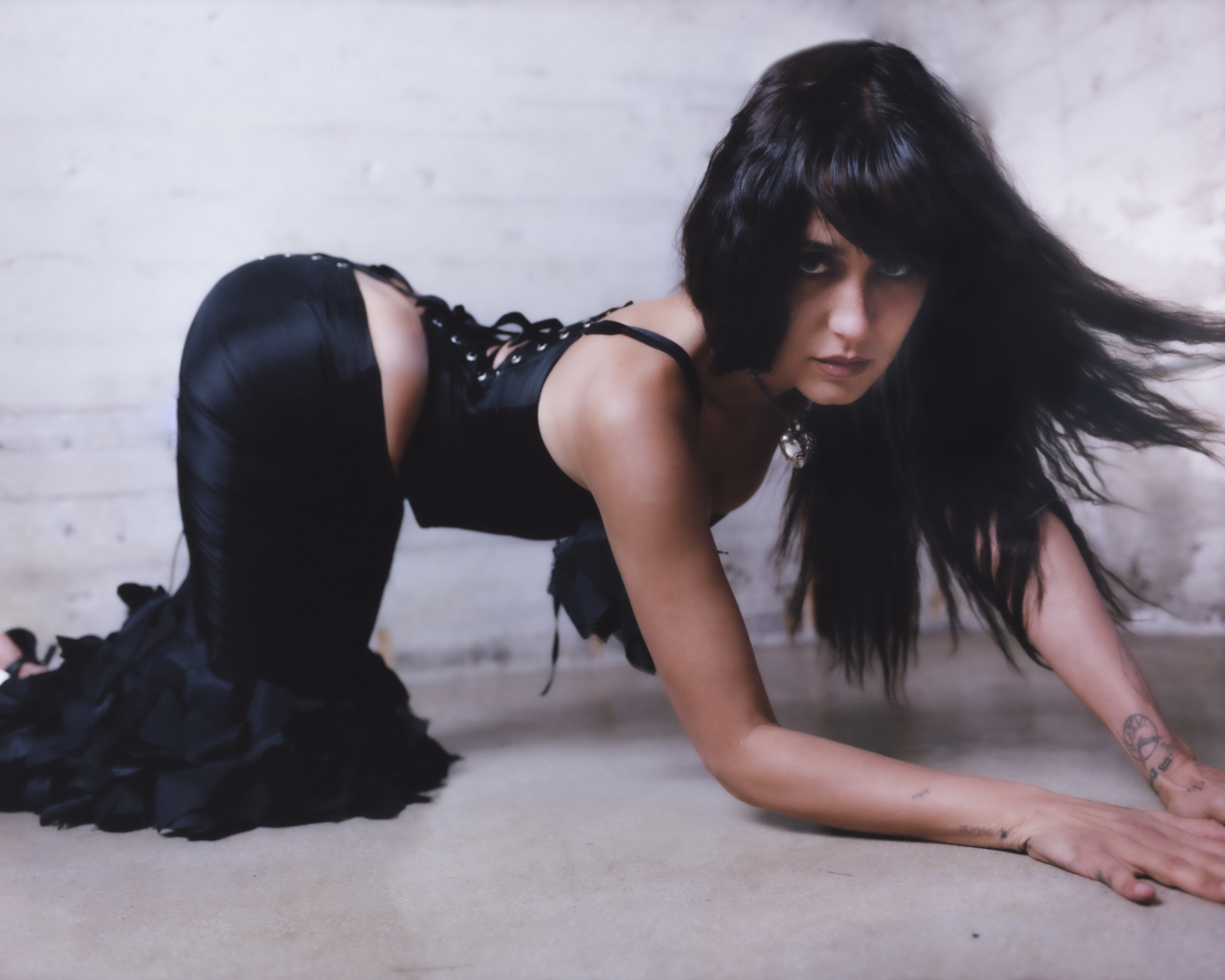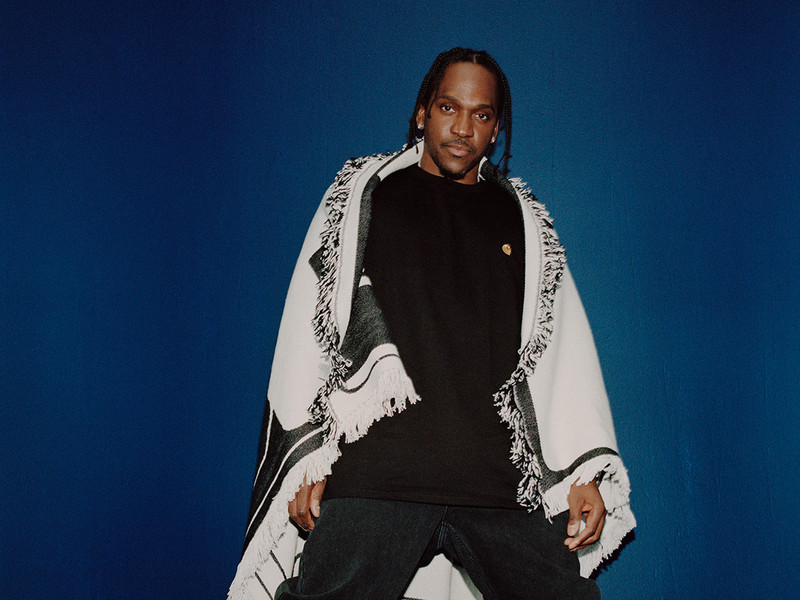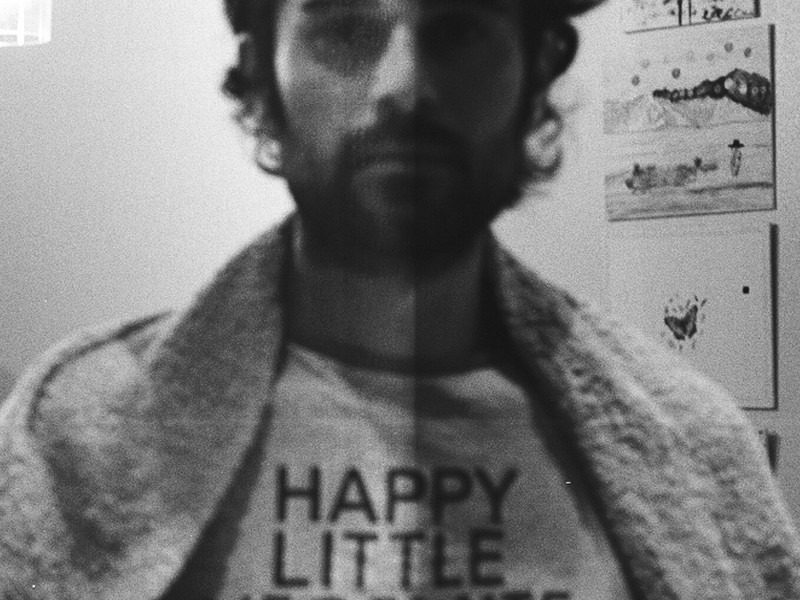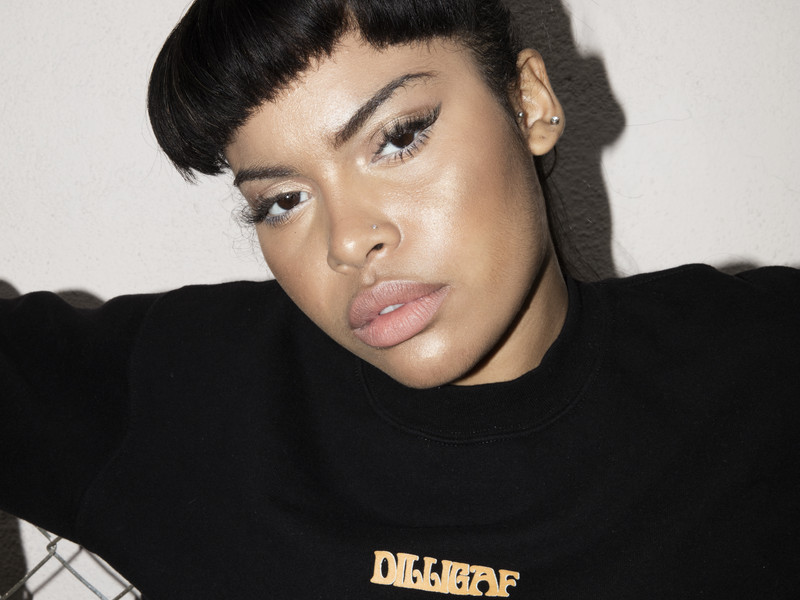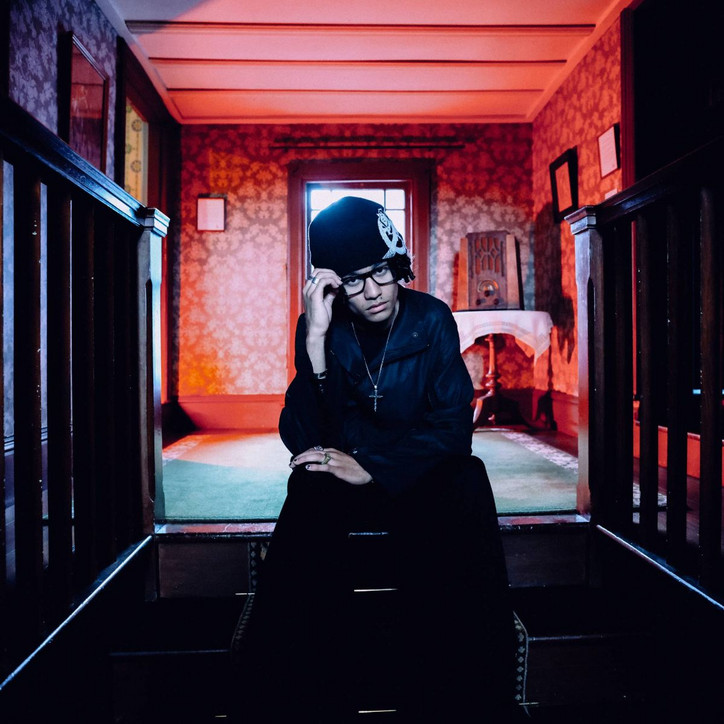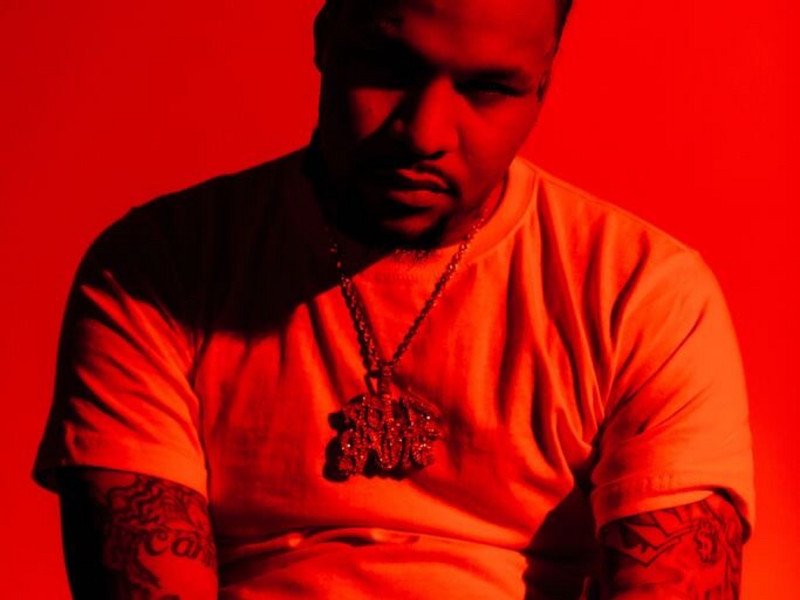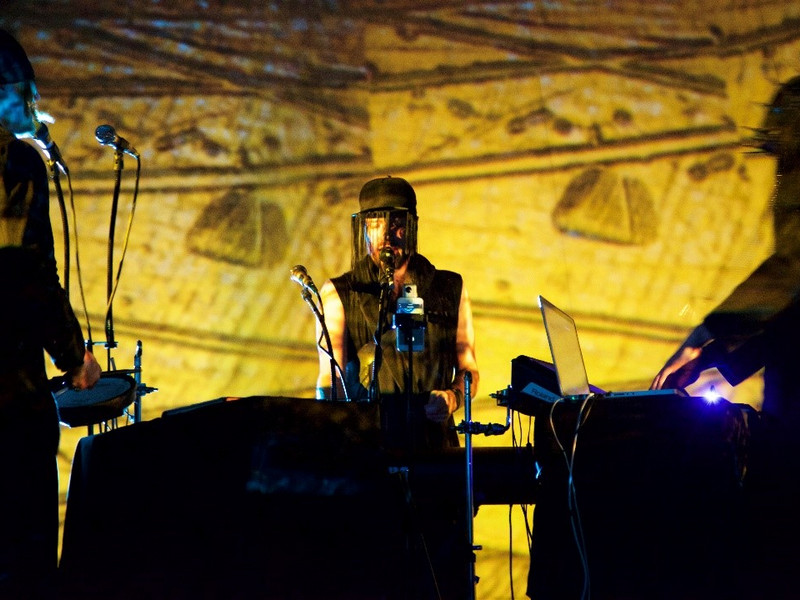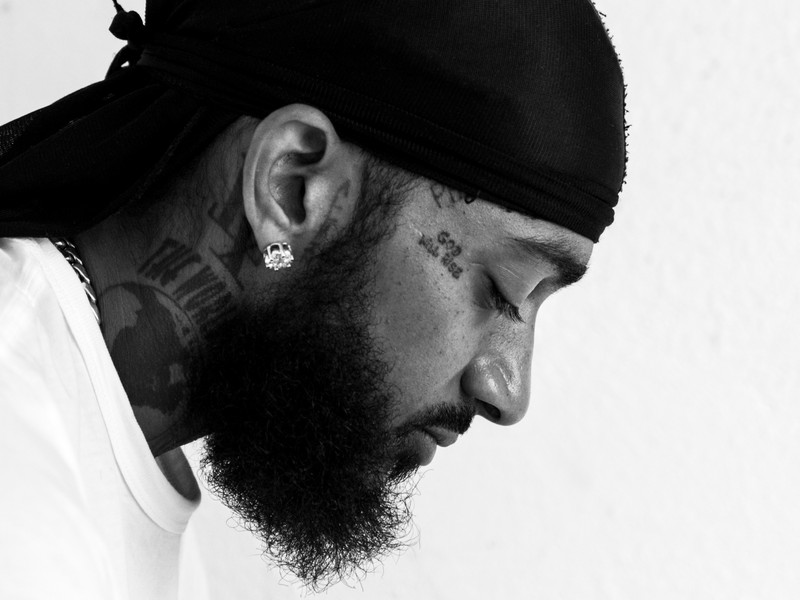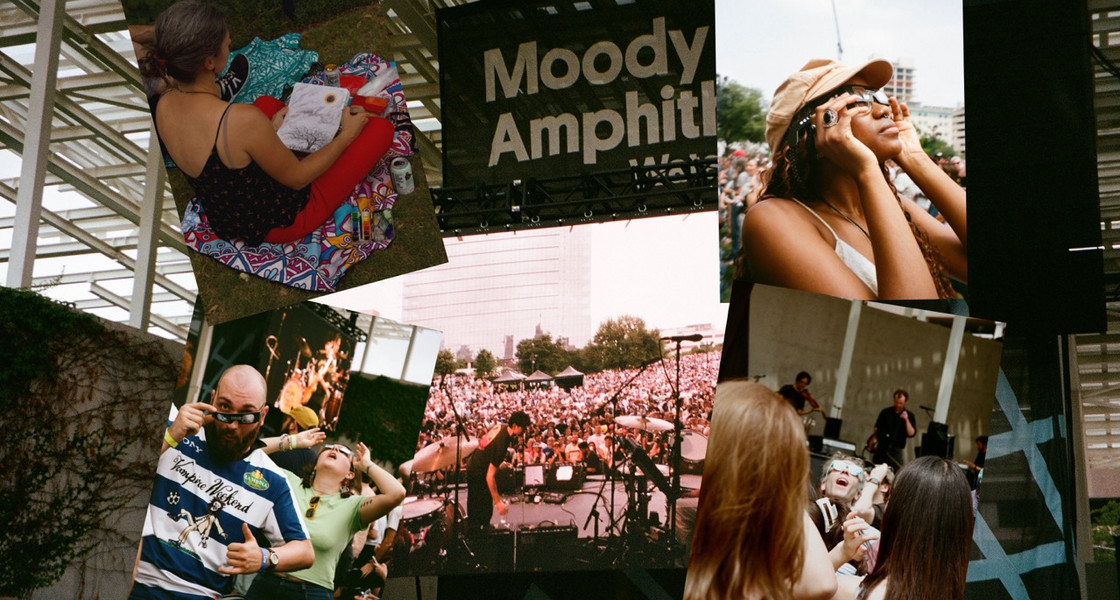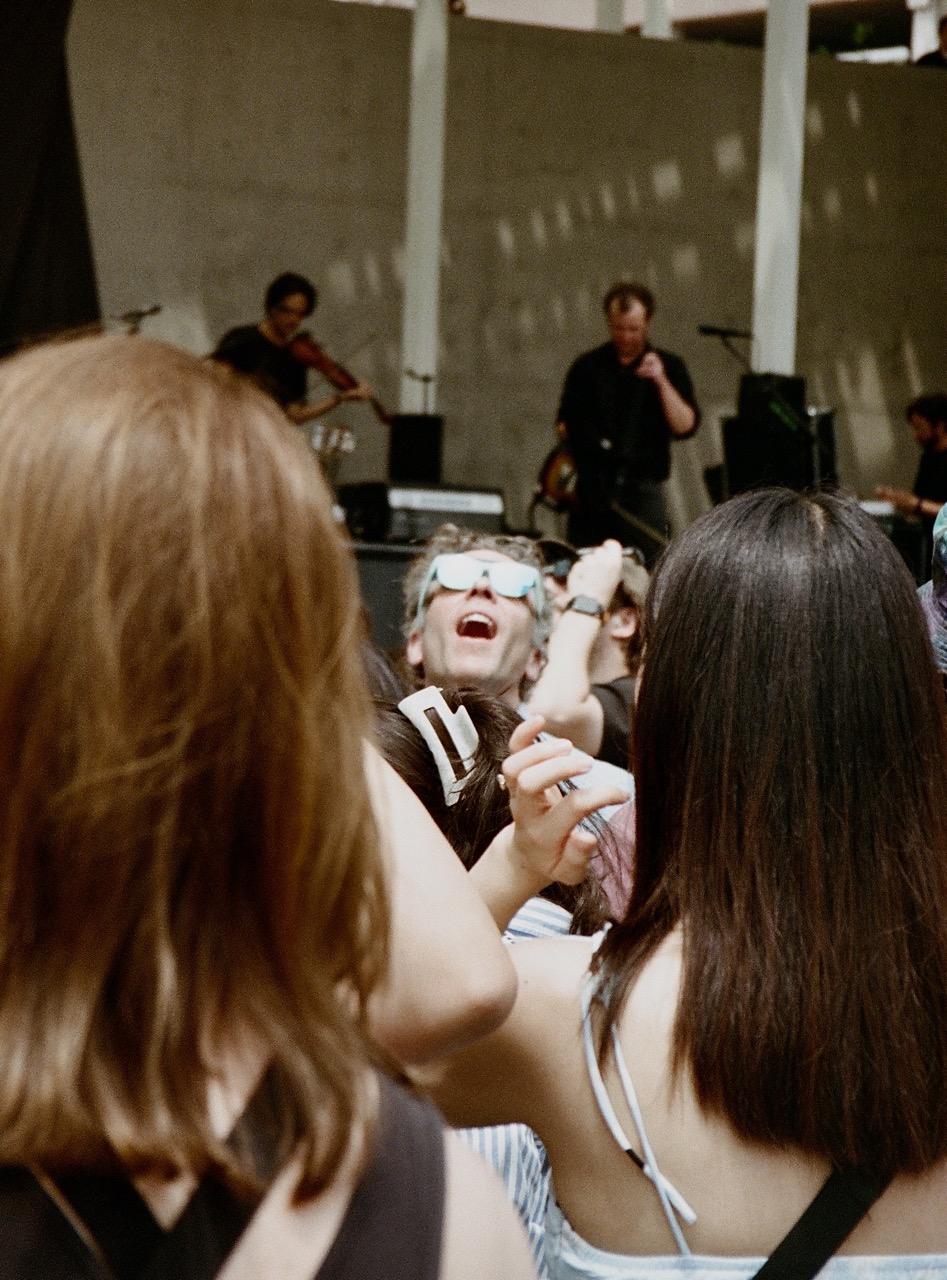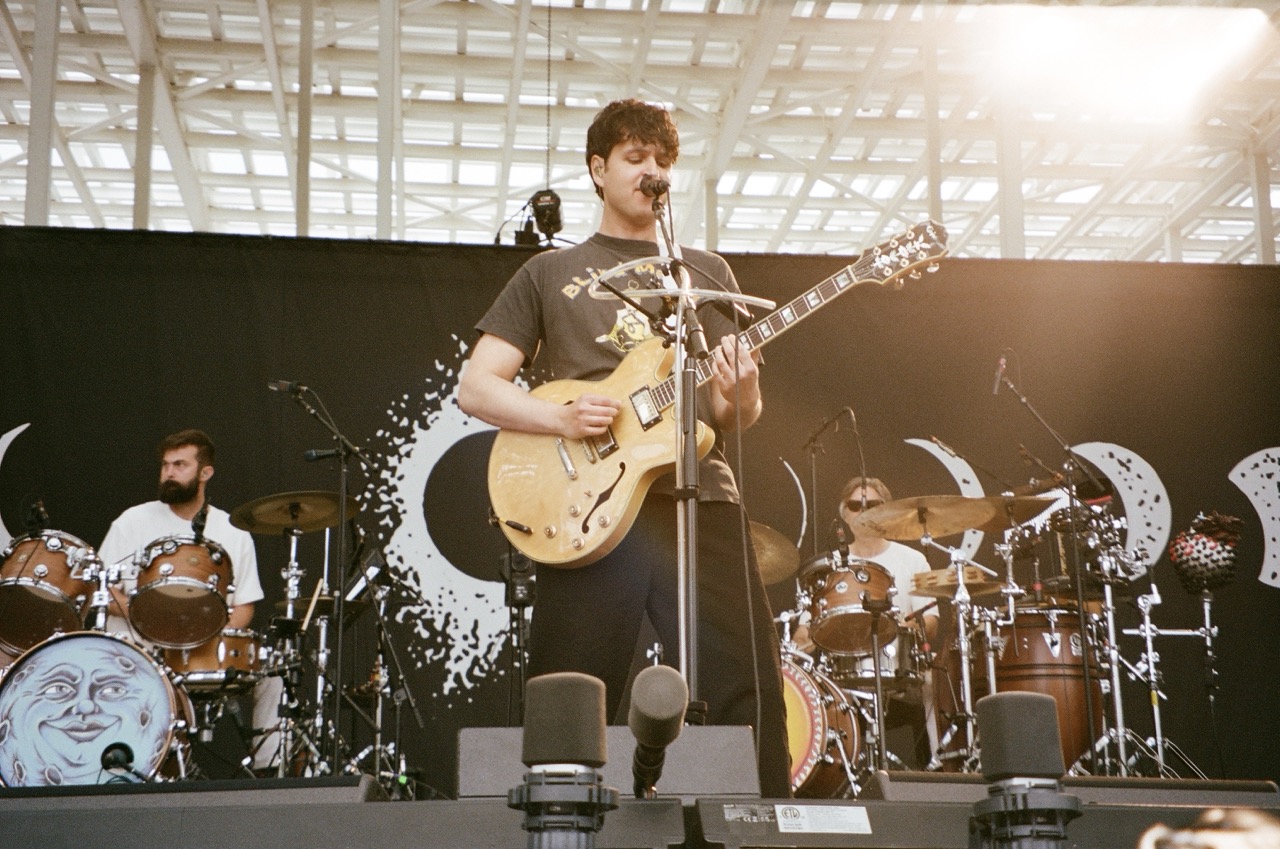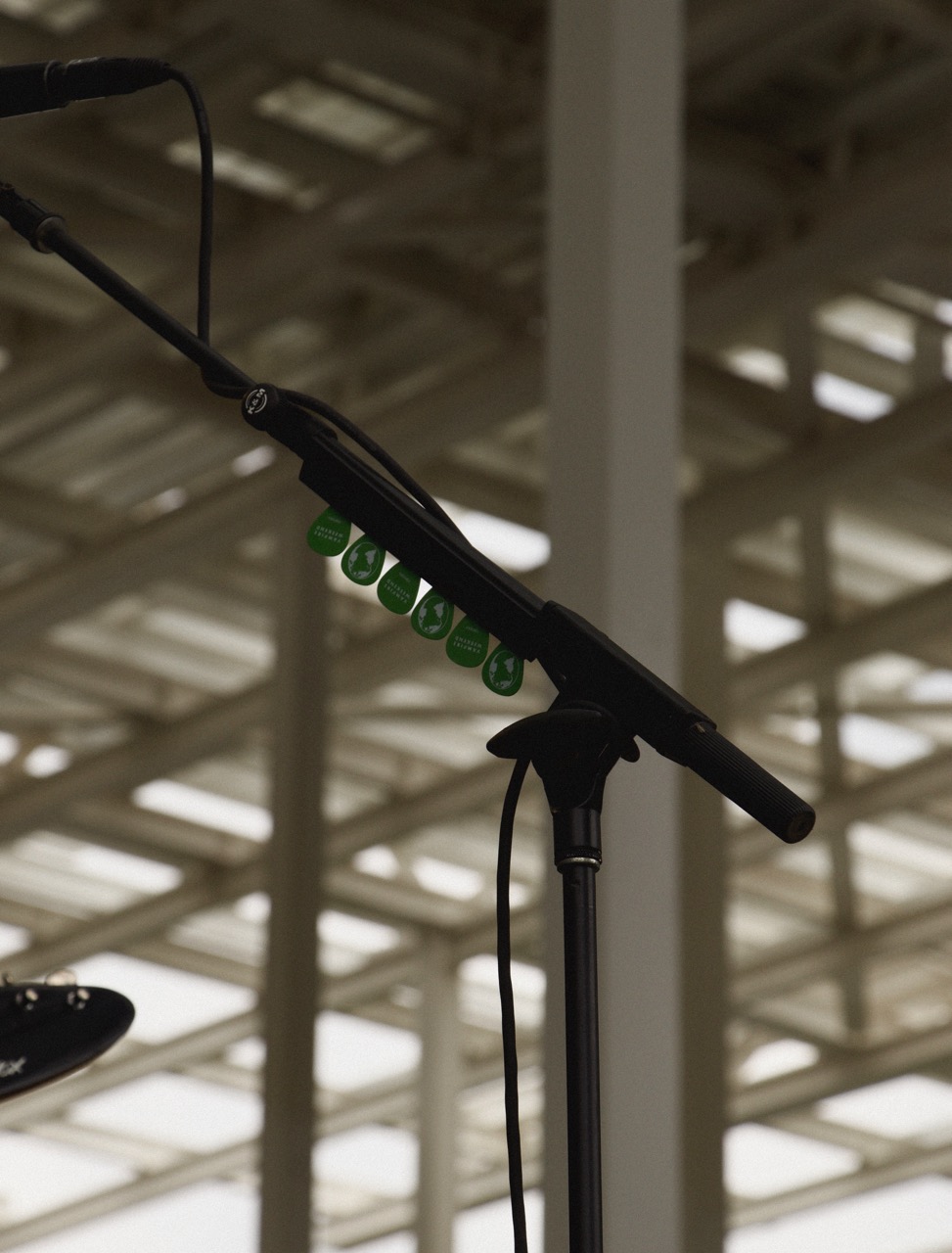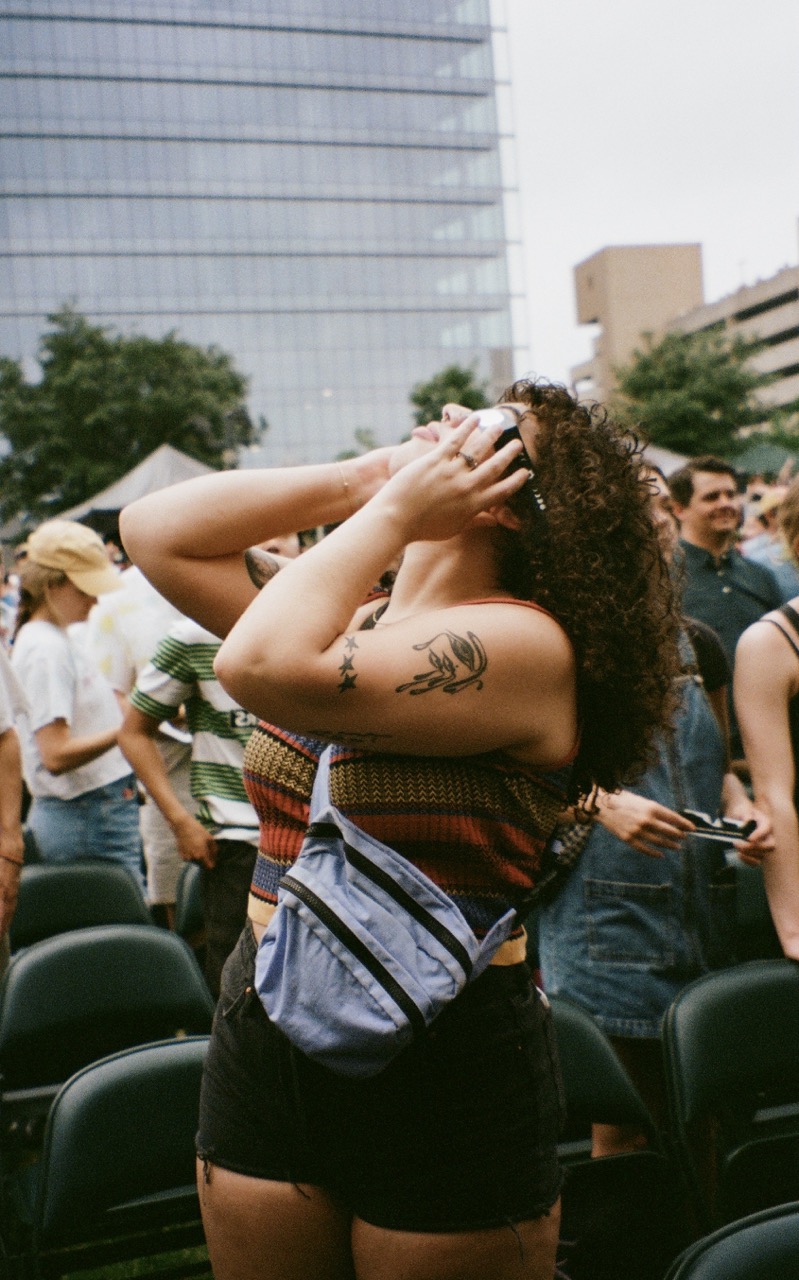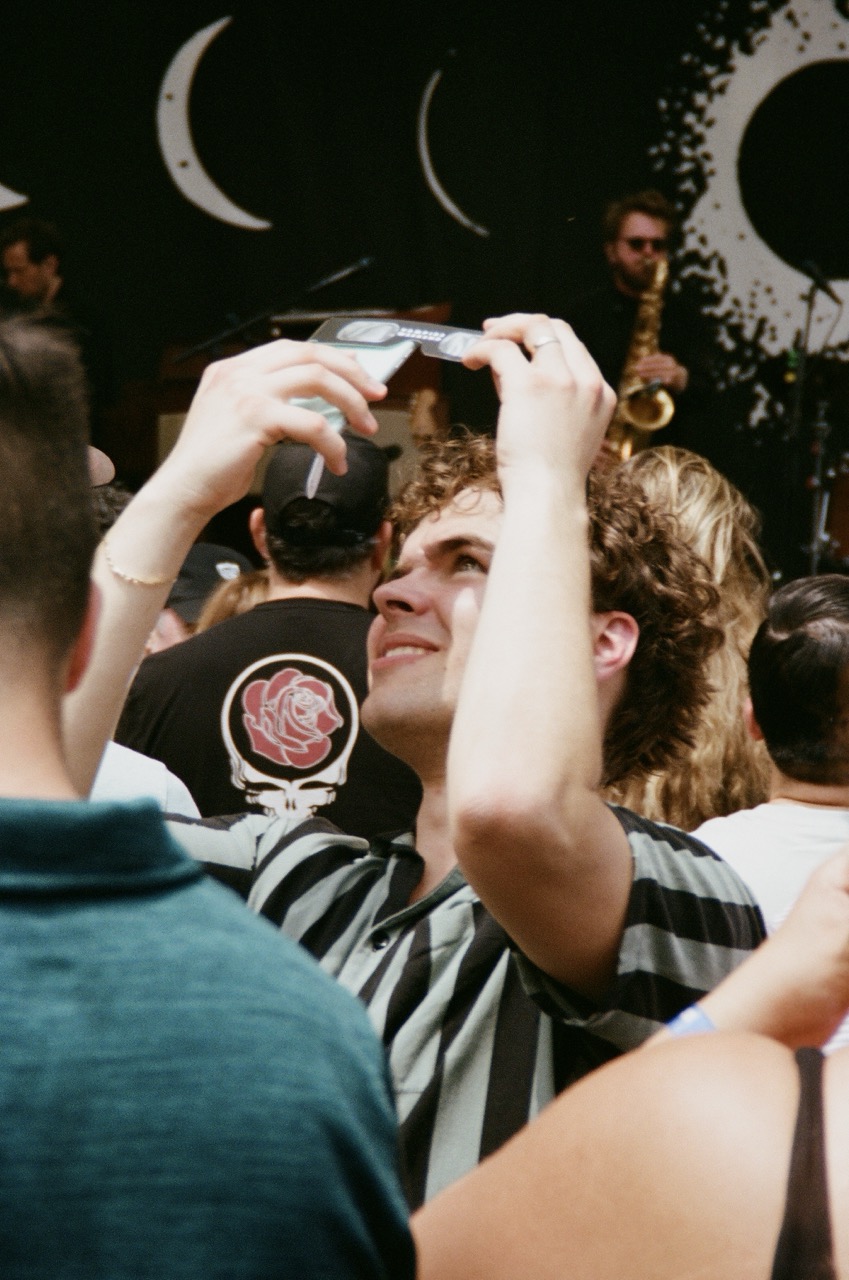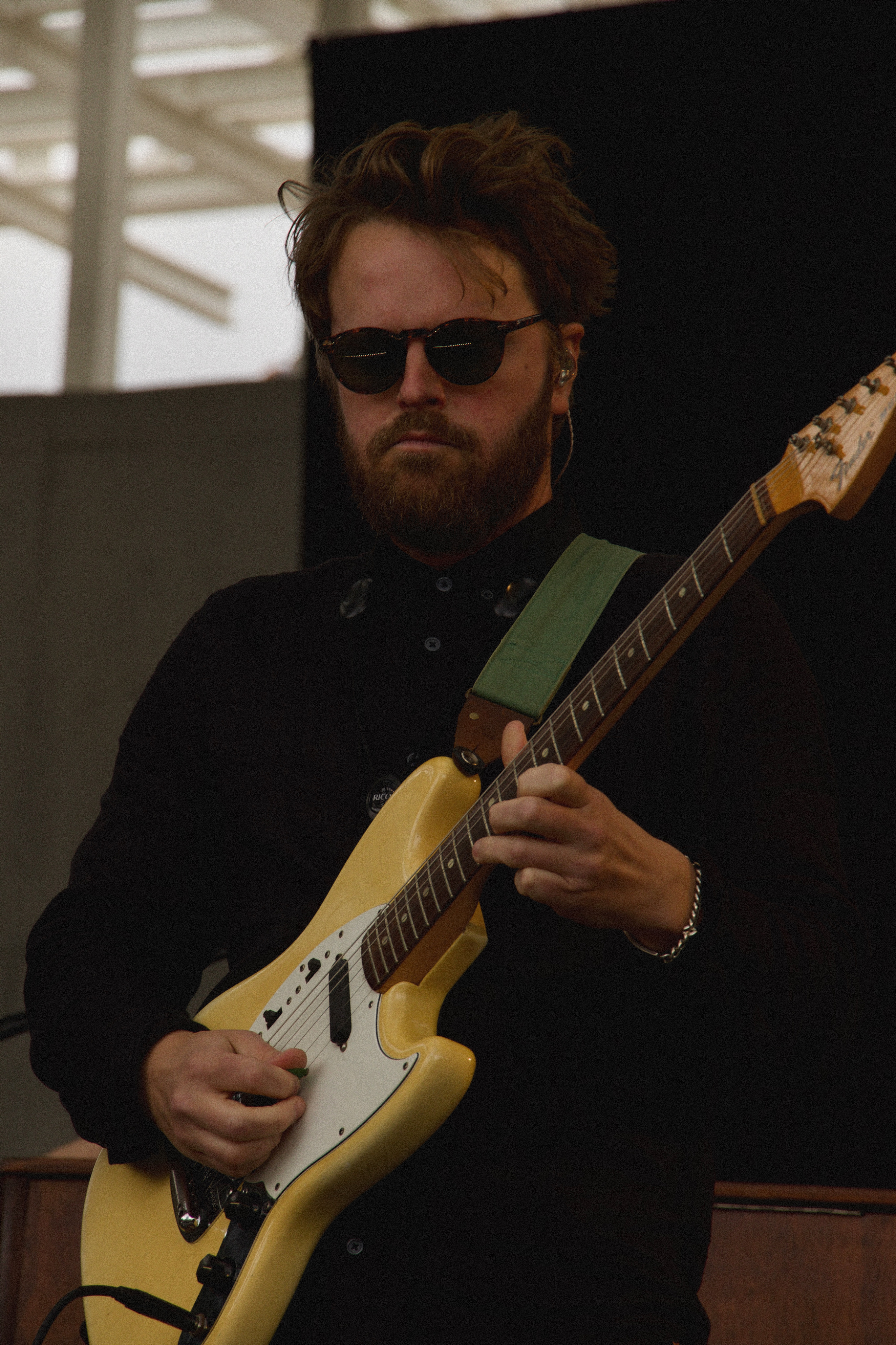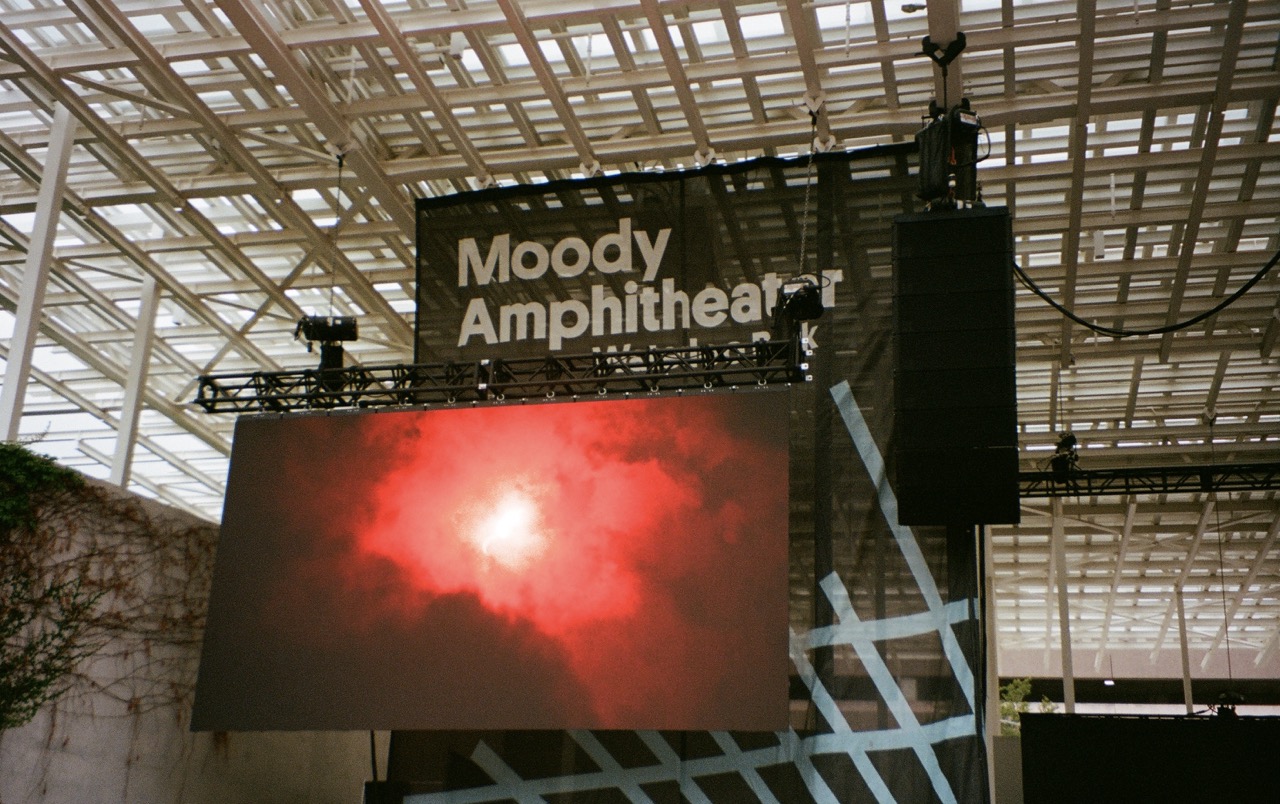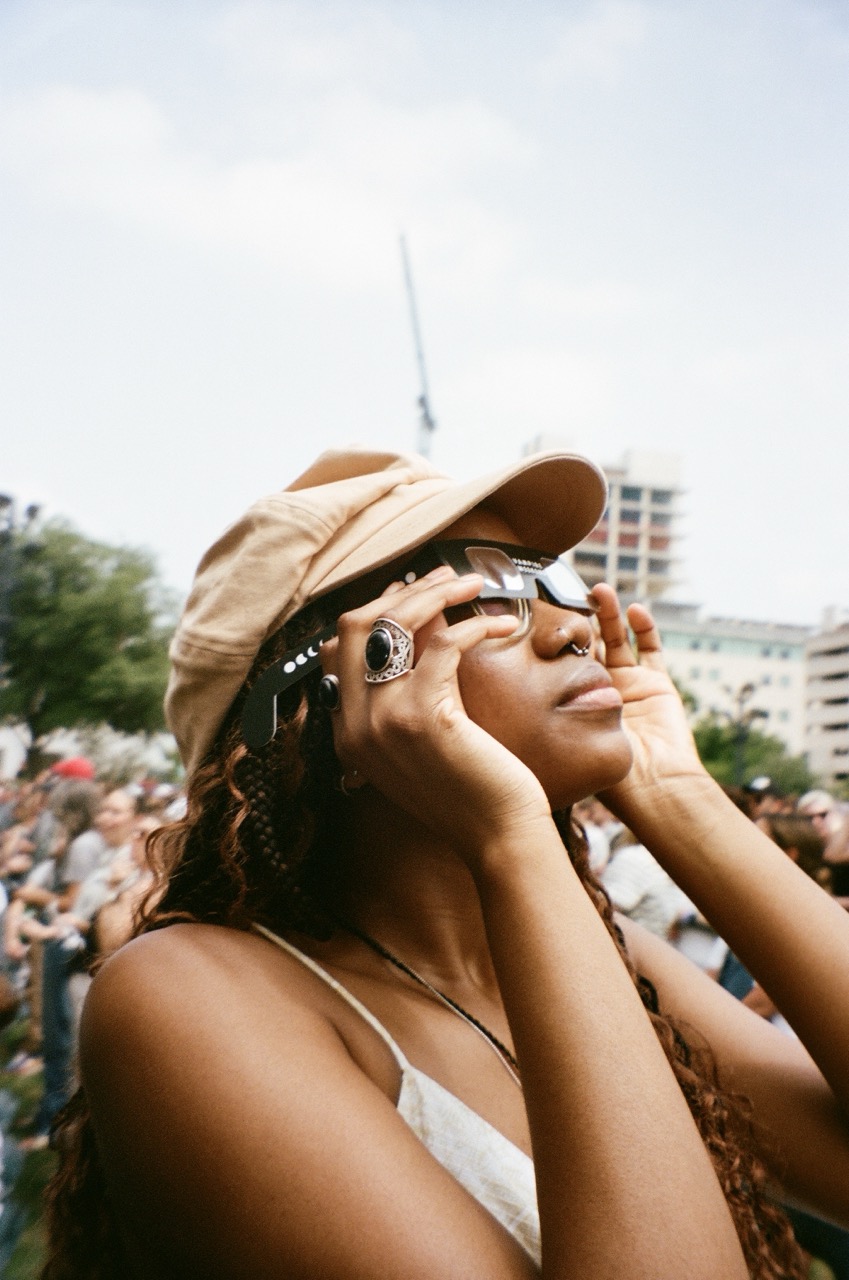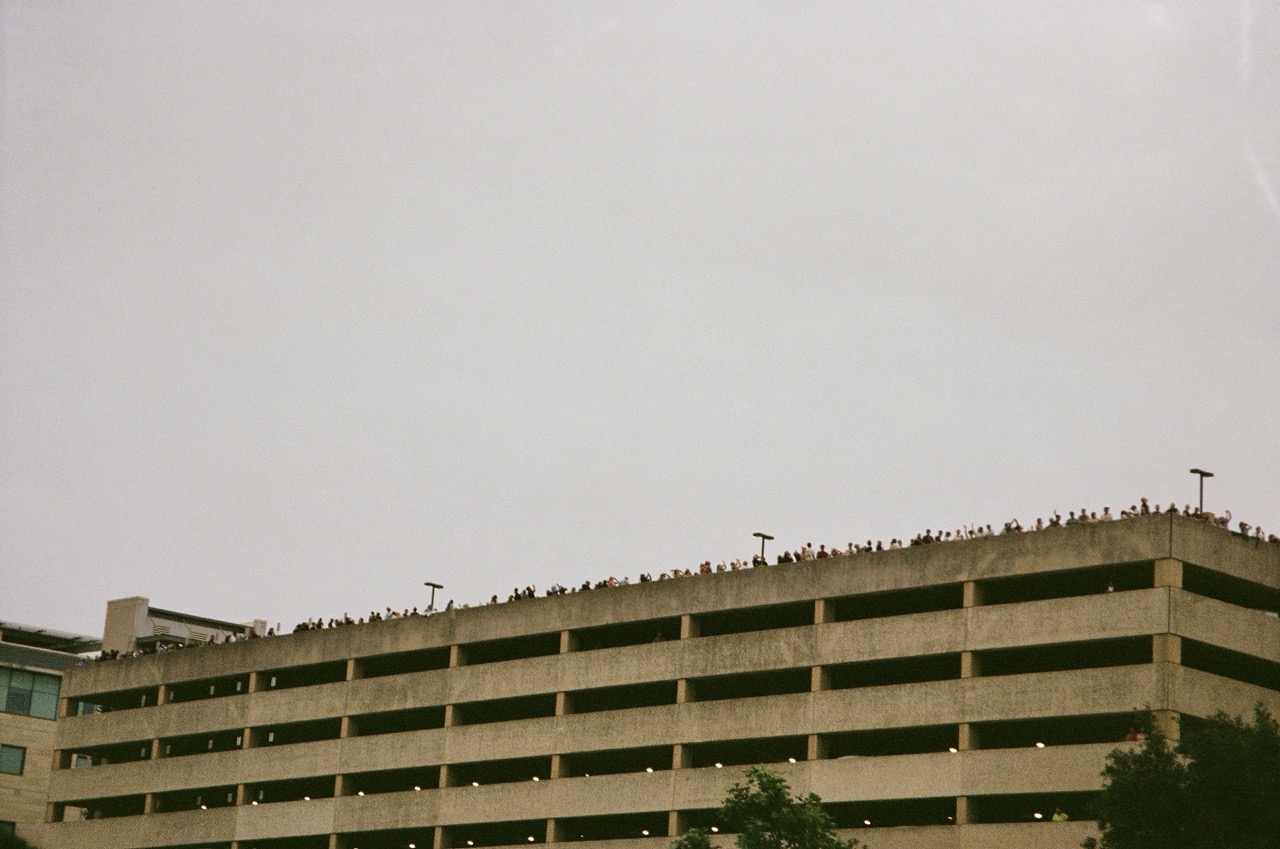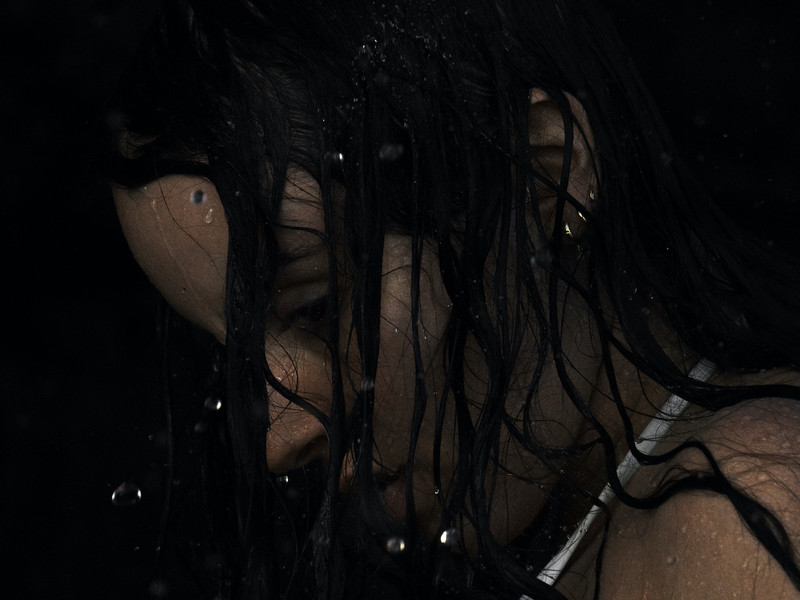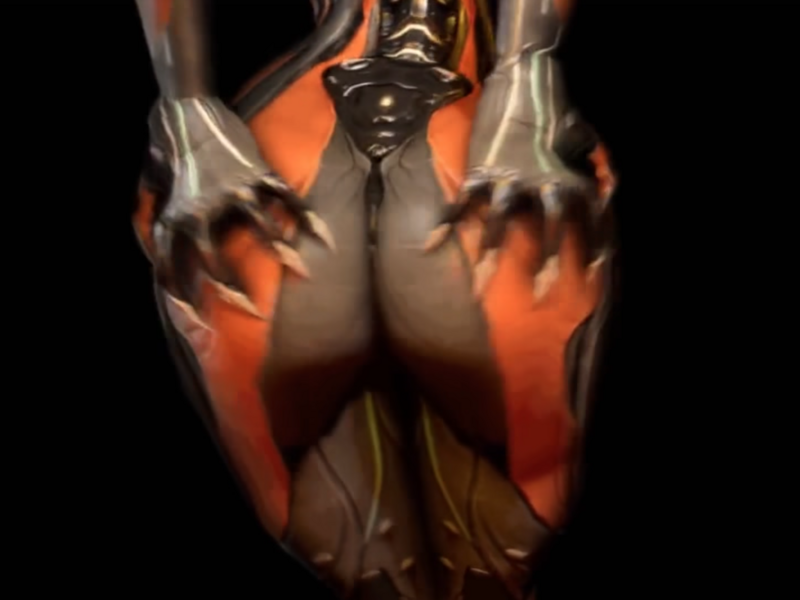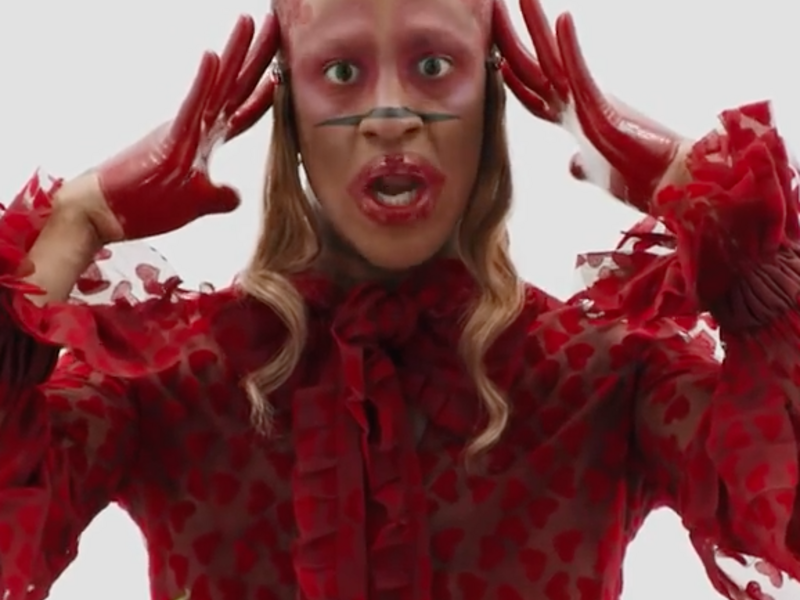Savoia's Just Getting Started
Drawn in by their ardor for live performance and commitment to revitalizing an enthusiasm for rock not seen in New York since the turn of the century, I sat down with the band in Allan’s East Village apartment. Although bedecked with an immaculately curated assortment of The Strokes vinyls, Jim Morrison posters, and biographies of Rolling Stones members stacked with seemingly deliberate precarity between amps and pianos, I’d be forgiven for thinking it was a rock exhibition in a cultural museum. Eager to talk to me about everything from the growing pains inherent to trying to leave their mark on such a rich musical canon to being pelted with eggs at backyard shows, here’s what one of New York’s premier rock bands had to say about their short yet eventful time on the scene.
I’m interested in the difference between playing house and D-I-Y shows versus venue performances, especially in New York, where the venues have such historical allure and some are even considered cultural institutions. Are there any venues that have stood out to you as performers?
Mercer Meeks— I'm going to say that I definitely prefer the venue show over the house show I've carried. I play a Blues Junior Three. It's a tube amp. It's pretty heavy, probably weighs about 15, 20 pounds, maybe more. I've carried it up nine flights of stairs before in a walk up to go to a roof to play a house show, and I would not wish that on anybody. It was a really cool show, but yeah, you're carrying a lot of gear up a very precarious spiral stairwell. No one helps you. It smells weird. It's slippery. There's a slew of oddities that comes with playing a DIY show, which is so much fun. I remember when we played the social club, too, I got hit when we were playing, and somebody ran into me, which was crazy. The power went out, so we were playing in the dark. So I think the venue shows are a lot easier to pull off and less stressful, but then you obviously have to bring a higher level of performance with that.
Lucas Allan— I think the thing that is interesting to me is there's a difference between the connection to the crowd from a house show or a stage show. In a house show, mostly there hasn't been a stage, and the connection to the audience–the same playing field is leveled. And like Mercer was saying, that also brings about stuff like getting hit in the face with shit or getting pushed around by the mosh pits coming at you, which is interesting because you really feel in the vibe of the feeling that you're curating with the music. You're a part of the mosh pit almost while you're playing with it. So that's kind of fun, but the connection of being on the stage–it's more of a professional feeling.
Dylan Cook— I think the one perk of venues in New York is a sense of being able to like play full loud and get the crowd going and everything, because I played a show in a backyard in the East Village, and when you play at a full band volume, it pisses everyone off in New York. We had eggs thrown at us and shit, so it's fun and there’s that spontaneity and freedom, but I think, unfortunately, New York is a bit pigeonholed to needing the venues just due to proximity.
Caleb Rubin— I think summertime or warm weather rooftop shows in New York City is a special feeling. But I think the venue stuff has the inherent respect that a lot of people in New York City have, just for the artistry of it all. I think we all love playing music and we do it because we love playing music, and to be up on that stage and kind of feel that sense of respect for the artistry as a whole is really cool. New York City has that— every corner you turn there is kind of an inherent enjoyment of people being artists and doing this because they love to like create things. So I think when you're at a venue, especially like the Bitter End or Mercury Lounge that we were fortunate enough to have played many a time, that has history or respect, to feel that respect coming at you is a really cool feeling.
I think it reflects something deeper about what kind of band you are. I'm not going to try to speak for anyone. Still, I think that the bands I've talked to that really prefer house shows really see themselves as primarily live bands and prioritize the feeling of the social atmosphere and the energy as opposed to maybe the technical, sonic aspects of their music. So I'm wondering what you guys think for you is the most important aspect of being a band, whether it's your recorded music and the quality of the sound or the performance and community of it.
LA— I think our strength is definitely our live show. Just playing live, we have a lot of fun, and I can't speak for the guys, but it's my favorite part about the whole thing. We try to take notes from our influences, great bands like The Strokes, Cage the Elephant, the Chili Peppers, Rolling Stones, we try to emulate that but not copy it. I mean, everyone's trying to sound like The Strokes nowadays, right? We love The Strokes too, but we wouldn't want to try to go down any lane that anyone's already gone down before.
CR— I think live shows are definitely our strength just because of how much we've done it. In the program that Lucas and I met, my dad's program, we had rehearsals and showcases at real venues like the Bitter End and Rockwood Music Hall. So, I've just been doing that side of being in a band for so long. The live shows are what keep me going, definitely. But also the rehearsal and writing time… I just love playing music with these dudes. Writing a good section when we're in a room just together, finally getting a song to feel right feels so good, and then playing that live, and feeling good about it is just like the ultimate payoff. That's absolutely why I do it. There's no feeling like it, in my opinion. The recorded stuff—we just have to put more time into that going forward. We just haven't done it as much, but we're all very excited. Jonathan is going to school for recording and producing, and he's a dope producer.
Jonathan Awad— At least when I play, and I think this is how it should be, I prefer to see people enjoying themselves. If I look at people and they smile, or there's something going on, their bodies are just expressing how they're feeling about the music, it makes me happy because it's the best job in the world to be able to express your art to people. It feels really good when they like your art. That being said, the emotions, ours, and the emotions of other people are probably the most important thing to connect for me.
MM— Yeah, building off of that, I think what Jon's talking about is that live performance is like a relationship because there are two parties. There's you as the performer, and then there's the audience who has to witness it. You get this very special connection because you're creating energy, really. It's art, but it translates in a live setting to this pure energy or a wavelength people can get onto. And then having people latch onto that and that real-time connection is like what makes it all worth it. It's a very magical thing. Because I remember we finished playing in North Carolina at Cats Cradle and we had this little talk and we said, there's no amount of money you can pay to anybody in the world to do what we just did. To feel what you just felt. As a performer, you can't pay anybody to purchase any item or anything that's going to give you that feeling of going on stage and playing to a crowd that you're connected with and are feeling you. That mutual understanding is I think what keeps us all hungry for the next one. When you finish a show that’s a good show, I just know for me, I have like this buzz that's like, I'm going to do whatever it takes, whatever it takes to keep doing this forever. I don’t have that all the time, but after a show, you get it right away.
I'm interested in what's drawing people to the format of making music as a band as opposed to as a group or a project. I feel like we're just exiting this era of a dude in a snapback standing at a laptop, so I'm wondering what you think is drawing everyone now to this instrumental return to form.
JA— A majority of the people that listen to music like to be able to relate to it, and there's nothing more relatable than a human being. If you disagree with that, I'd say there's nothing more unrelatable than a computer. If I'm taking a real recording and chopping it up and making it so that everything is perfect or the way I want it, you don't feel as much humanity with that performance as you do the original.
DC— Beyond the sonic quality of a band format, it's the difference between watching something dramatic or suspenseful unfold in a film versus actually seeing it with your eyes happening in the world. When you watch a film, you might enjoy the heightened sense of drama or the subversion of reality, but you know that whatever was supposed to happen is going to happen the way it was supposed to happen because it's been shot and edited. Something that has been released versus witnessing something going on in life, there's a suspense of not knowing the outcome. It's the same with live music; there is a sense that no matter how much they practice, mistakes can happen. You don't always know where things are going to go. As a performer, I know I value that. I don't think even if it was if I was making music that I really enjoyed, but all it was me hitting play on a laptop and singing into a microphone, it wouldn't have the stakes that make playing in a band valuable, and playing in a band requires a lot more time and specific focus and the ability to prepare yourself to perform. I think all those things are good for you as a person and they're also just engaging and entertaining to pursue.
LA— This whole indie sleaze 2000s vibe coming back… with it comes, just like any trend, the followers and the bandwagon, just like when there was every other kid in a snapback behind their desk trying to be a “producer slash rapper,” there's every kid now messing up their hair, getting some ripped jeans and putting a guitar on their shoulder thinking they're The Strokes, you know. It's kind of the same thing, but then there's also a really cool realness factor where it's bringing light to this vibe and music that it wasn't before and people are actually appreciating how fucking cool it is. And there's some really, really cool fucking music and bands coming out of that. And you got to, I mean, there's always going to be fakeness and posers and stuff, but I think you got to just really look for what good comes out of it.
MM— I'm not going to say I necessarily disagree with that, but I'm never one to gatekeep anything. I say let there be all the posers that want to play the electric guitar because I love the electric guitar and I believe in it and it should not die, and if people stop playing it for whatever reason, it will. It’s evening the playing field... you can be a great guitar player, but you can also be a terrible band member or vice versa. It's really interesting to see people who are very tight as a band and work as one unit. That's a special talent that electronic musicians maybe don't have to deal with as much, and I say this as somebody who loves electronic music and thinks it's really impressive, but there's something about being able to perform with other people live that has such immediate consequences and also such immediate rewards.
CR— I really like what Mercer said about evening the playing field. And I think for me, being in a band or just playing physical music with people doesn't even only even the playing field, but creates a new one. I feel bad for our generation right now, whether it be COVID, or growing up with the media being unavoidable, there's so much to be overwhelmed about and so much to put pressure on yourself about. Having that other place to go to creates a whole other output to express anything that you would want. It's a separate way of expressing things, and that can be helpful for a lot of people.
I want to go back to your thought about how our generation has been shaped by the media because I'm interested in how that's changed the music industry in the past decade or two. I guess the things that I’ve been wondering most are whether this traditional model of trying to get signed by a label is falling by the wayside and how social media and streaming services have changed the game.
LA— The media and social media have definitely made people's attention spans a lot shorter. A term we've heard a lot is “radio-friendly.” Everything has to be “radio-friendly.” Instead of the vibe of the song or how it feels or the lyrics, what's in the forefront of our minds is that it has to be two minutes and thirty seconds or else it's too long.
MM— On the bit of signing people, TikTok is an incredible discovery tool for record labels and for A&Rs all around the world. It's really good because you can blow up really fast with almost no following. Of course, your song is going to have to cater to a couple of things. It's going to have to be a very good TikTok sound and it should probably sound good pitched up and sped up. If you're more attractive, it's going to be more popular, but that's been around forever. Labels are seeing this and they say, oh, look at this—there's this huge pool of artists that have a talent, they can create something very catchy. But the problem with that is labels tend not to invest in the longevity of an artist because TikTok promotes virality.
So there's a new bunch of one-hit-wonder people because they didn't have the ability to see if they can continue to write songs at that quality for a long time or if they have any kind of longevity, and a lot of these artists have also never played a show before. They're blowing up from their bedroom. So it's a whole new kind of landscape.
I want to backtrack a little bit to live performances and being part of a New York scene of bands. I know you guys have toured before, so I'm wondering what has felt different performing in New York versus performing elsewhere.
DC— Playing shows in New York, the blessing and the curse of it are that there's a pervasive nonchalance to everything where it could be the biggest bill you've played or you selling the biggest venue you've played or some release show or whatever it is. There's going to be a quarter of the audience there just there because they saw a flyer, their friends texted them the thing, and within that is both an opportunity to feel like, “people aren't here because this is what I'm doing,” but then at the same time, you have the potential to get New York put on to what you're doing, which is really fun, and the recurring faces tend to be people you get to know well. One of the best parts about playing in New York is it's so easy to get together a group after a show and go get drinks. That part is awesome. But then, there's a lot of genuine appreciation for people coming to wherever whatever given American town and actually playing a good show and giving people a good time. I didn't grow up in the city, and I definitely know that when I was young and getting into music, having people come out to Minnesota and play was always super exciting and almost… hard to believe. Being on the end of playing those shows is kind of funny because a lot of the people who were there were like, “we'll come back the next time you're in town.” Whereas in New York people are like, “you'll probably see me on another show or whatever because we're always around.” It's definitely a contrasting vibe.
How did you come up with the band name, by the way?
LA— We used to be under a very stupid name... Early Retirement. People would ask us why we were called Early Retirement. We say, “that's the goal.” And it would just be a laugh or a grin, which I kind of didn't like. I just wanted it to be a simpler one-word kind of thing. There was this dude, my father's best friend, and an old friend of mine, too. He was very close to me, kind of like my godfather. His name was Michele Savoia and he was a fashion designer in the early 90s and late 80s. He was one of the coolest fucking dudes, like leopard-tattooed from his shoulder to his butt. He passed away around 2012 or ‘13. He was living on his boat in the Hudson River, and he was coming out of Paris Hilton's birthday party with a huge raccoon fur skin coat and slipped and fell because he was drunk as fuck, and the raccoon fur skin coat pulled him down from the truck and everything.
Is that a true story? Are you trolling me right now? I’m sorry I’m laughing.
LA— True story, I swear on my life. You can look it up. It's cool. He literally died in style. So I like and I felt like his name, the kind of person who he was, his energy is a very free-spirited, very fun thing. So I thought that fit with the band. I thought it was a cool way to honor him.
You can stay up to date with Savoia’s next shows @savoianyc or listen to “Bringing Me Down” on Spotify.
